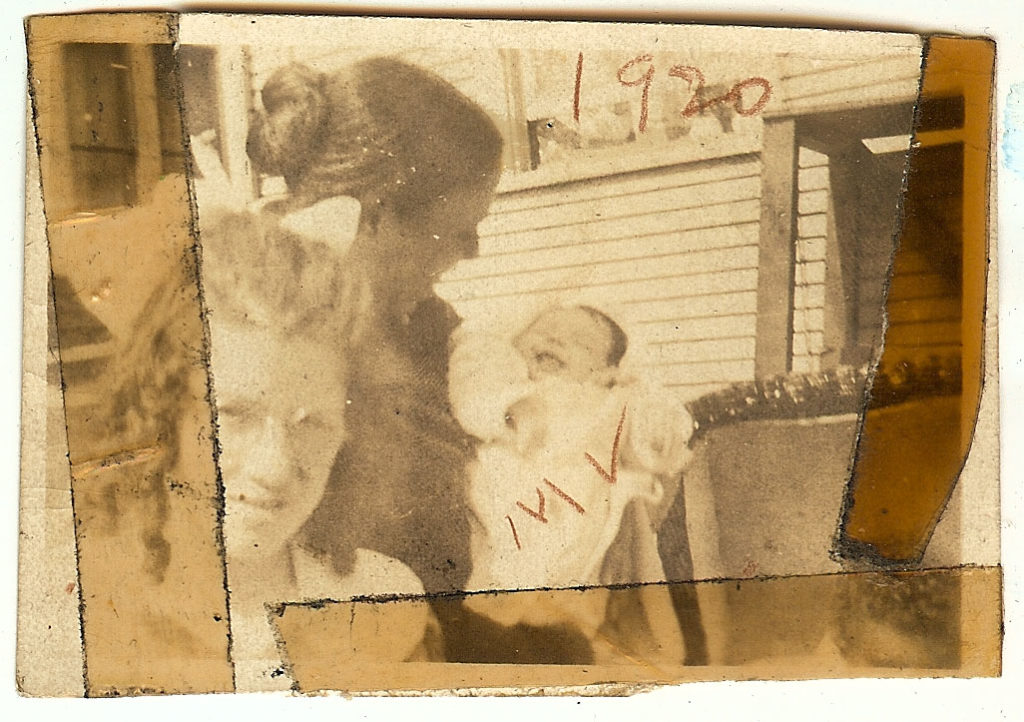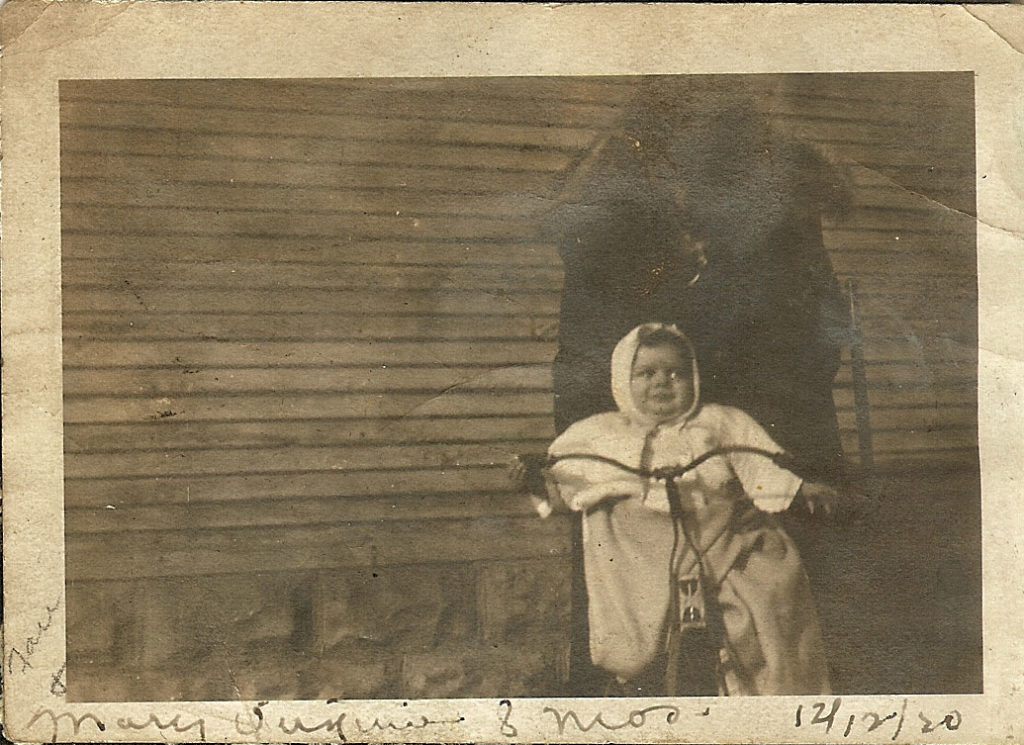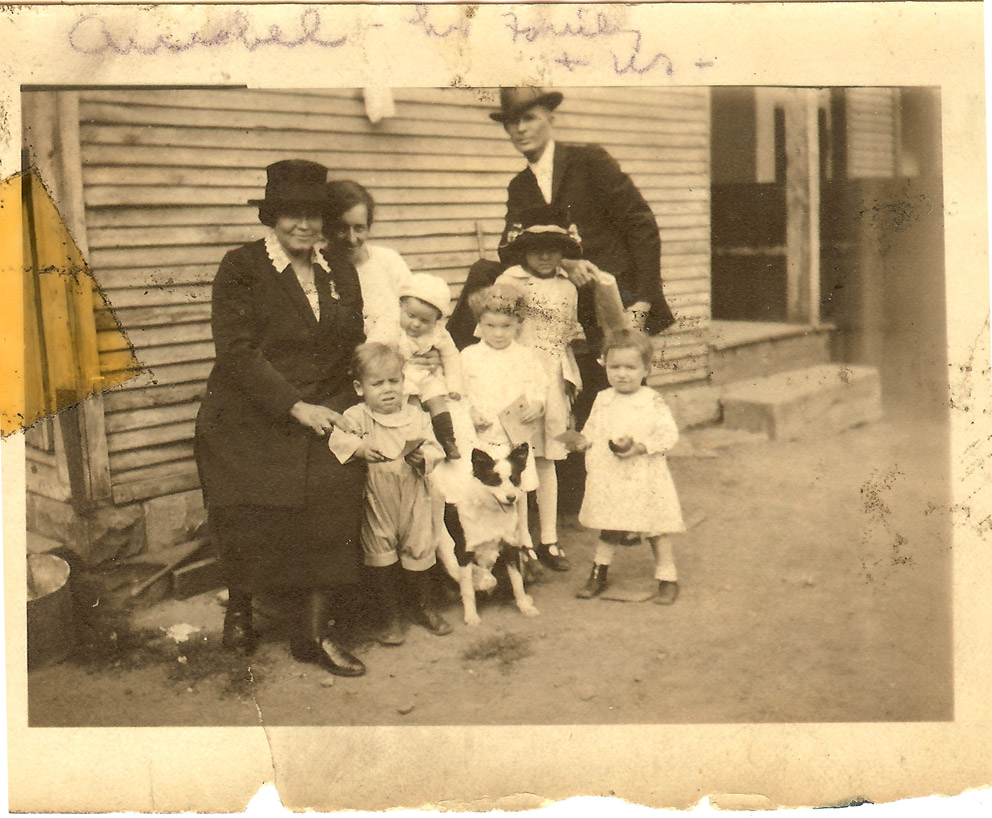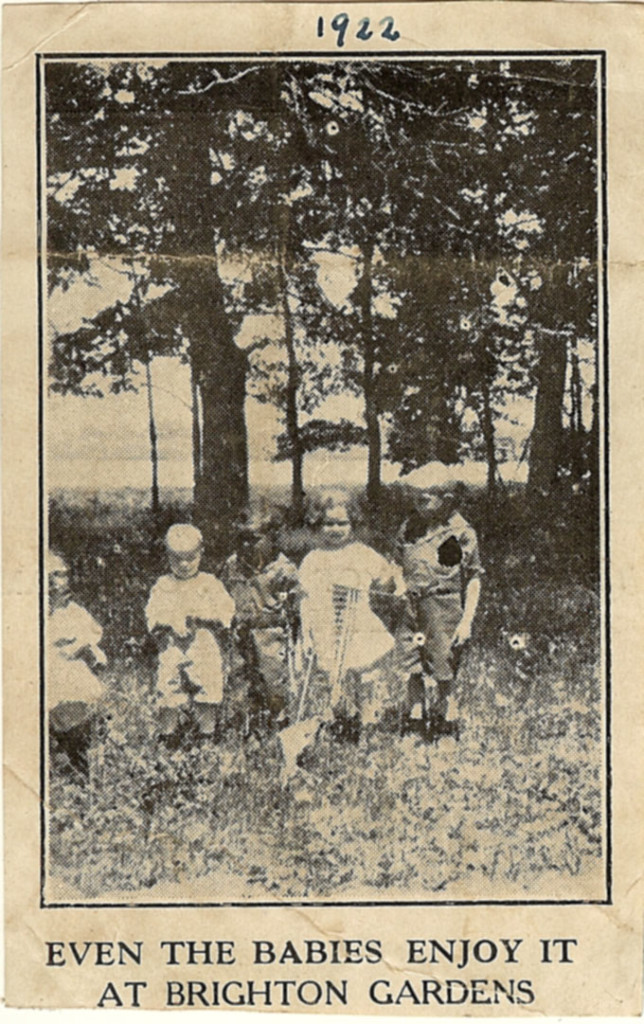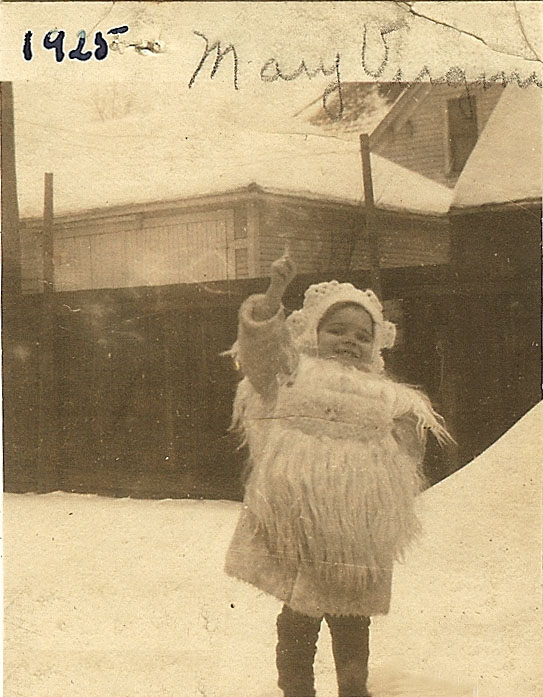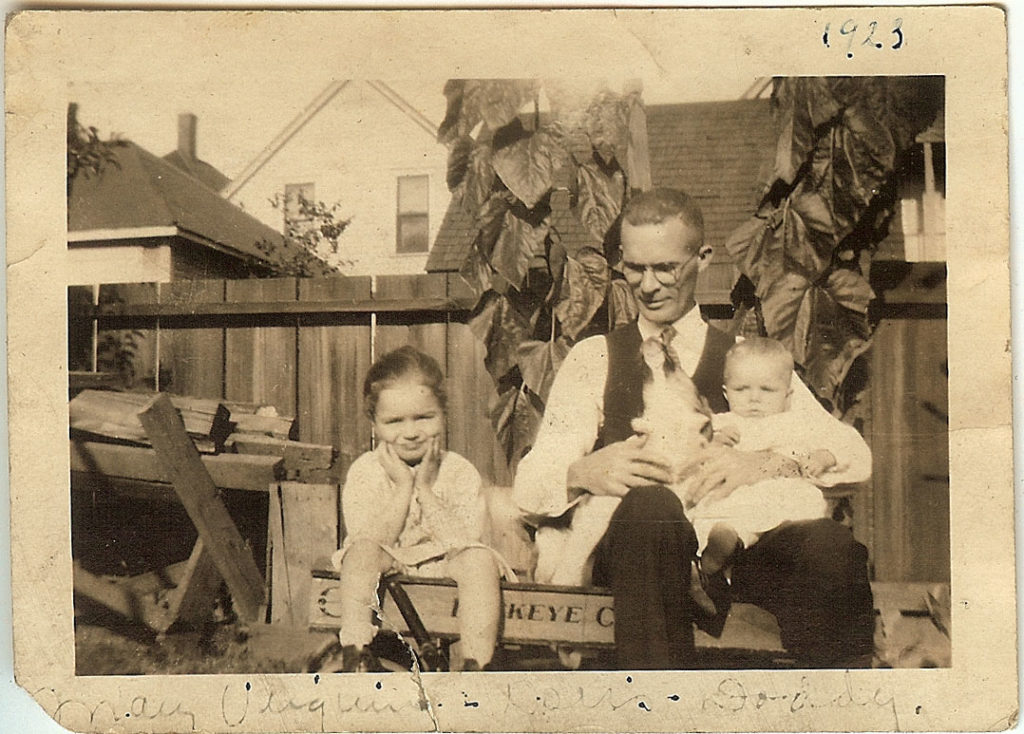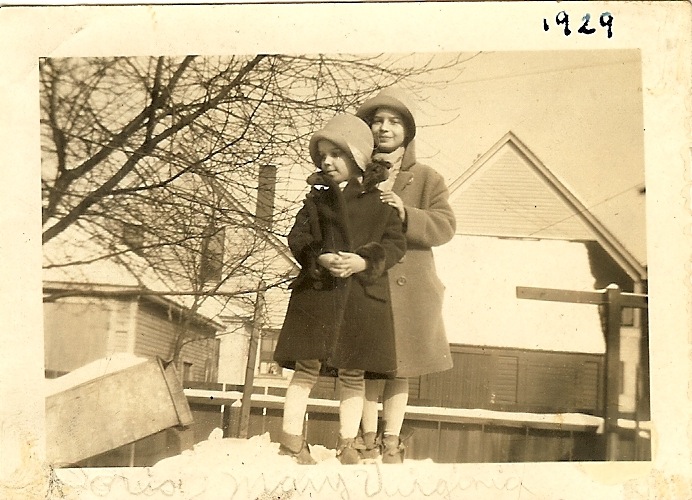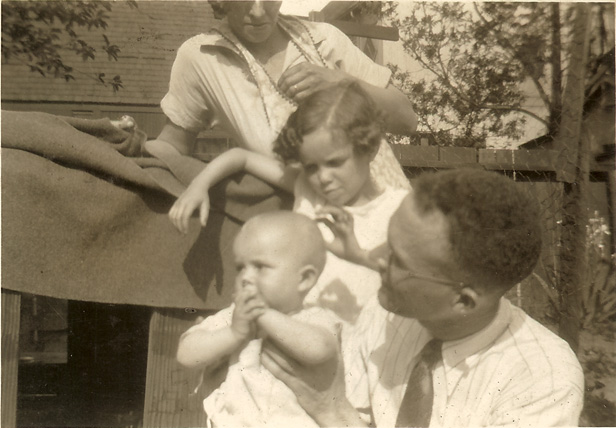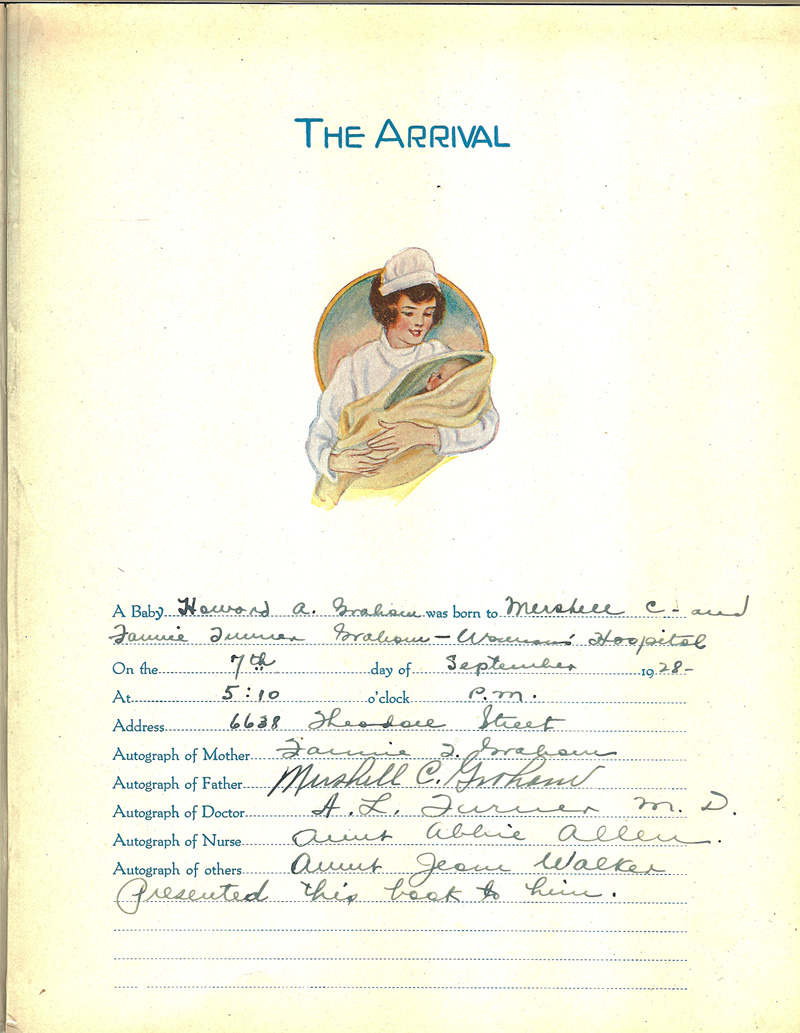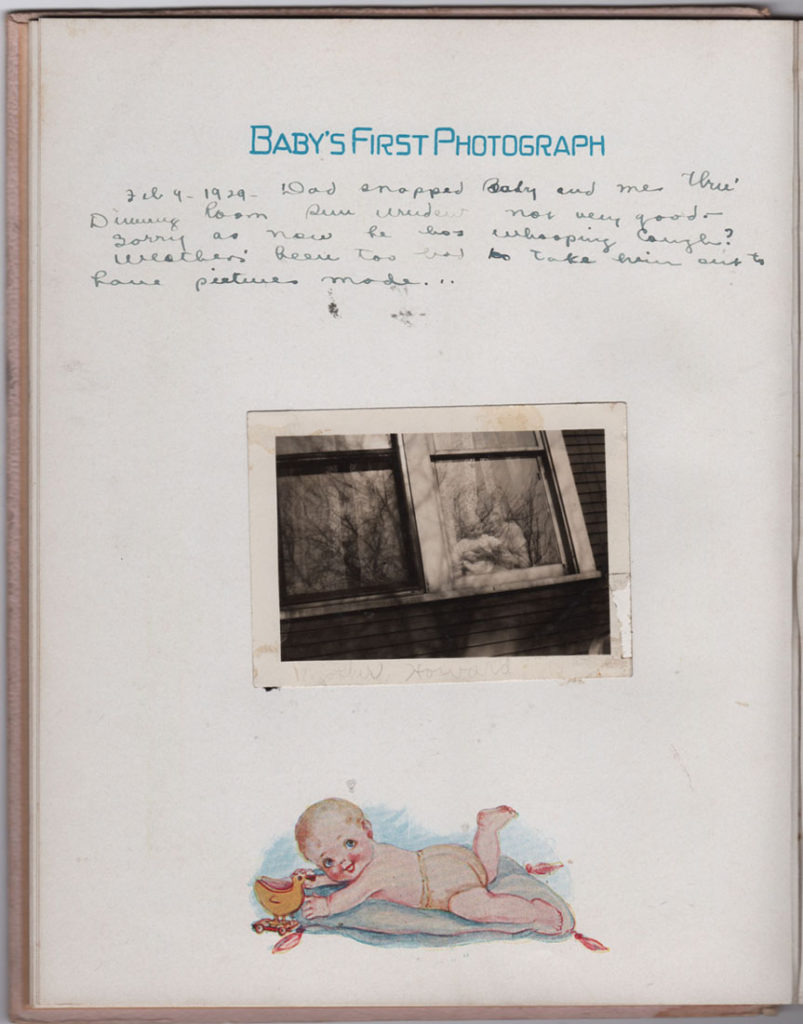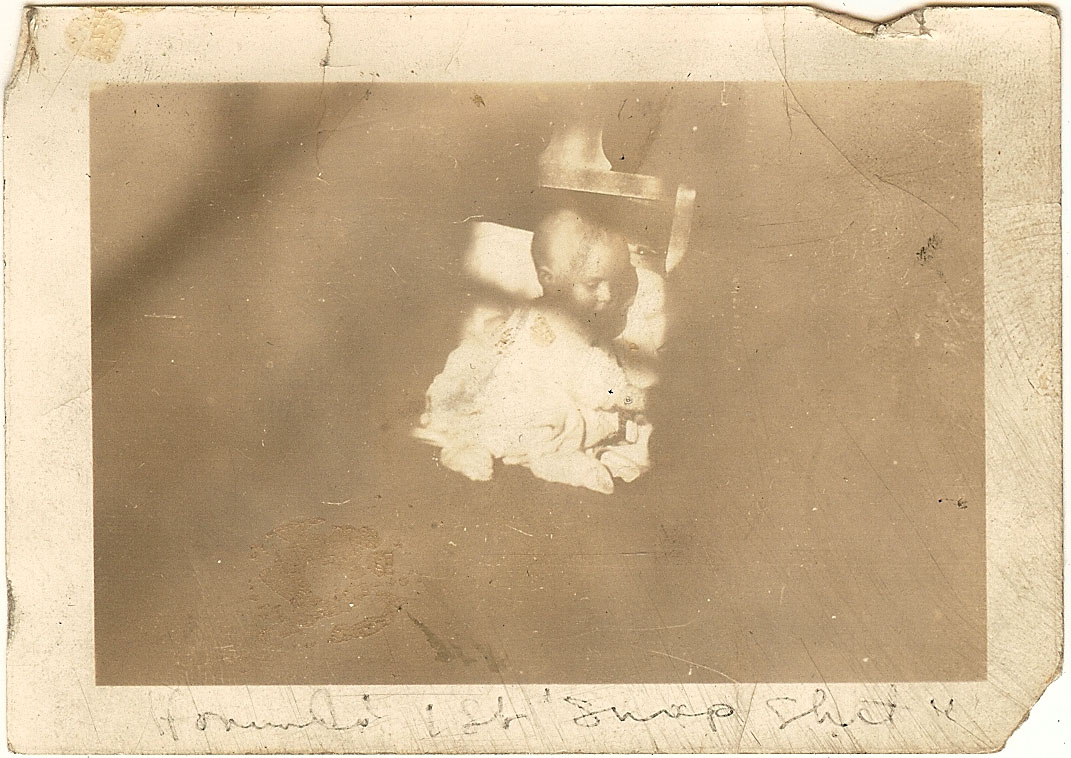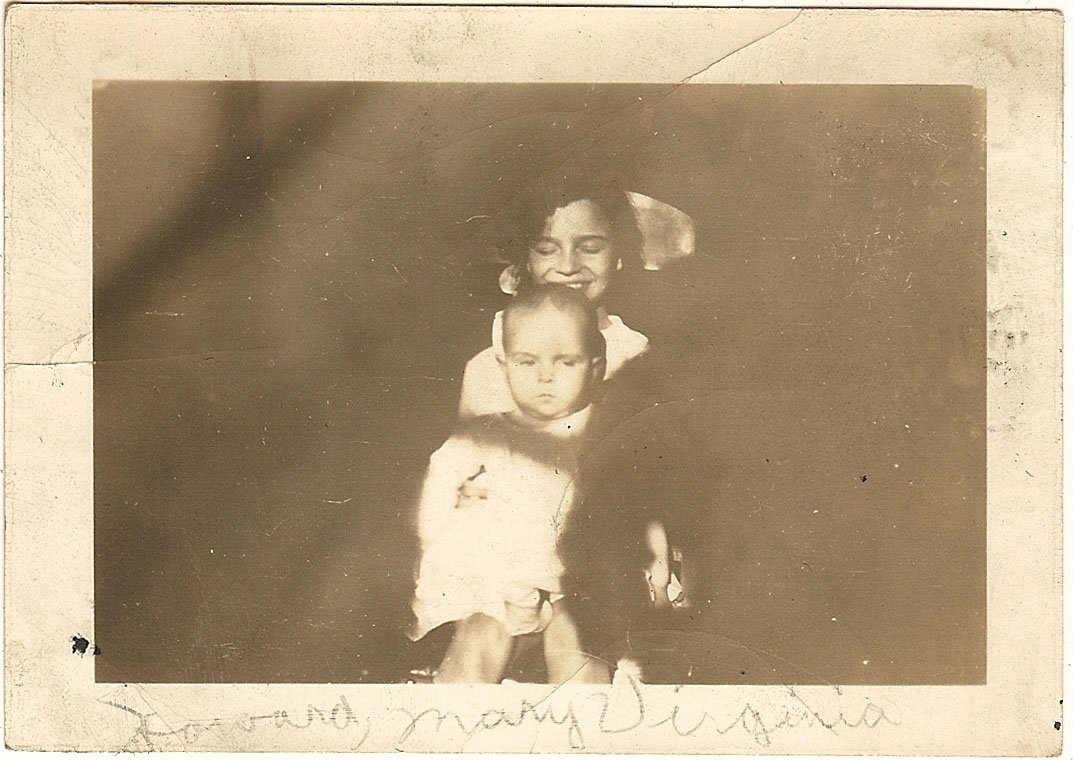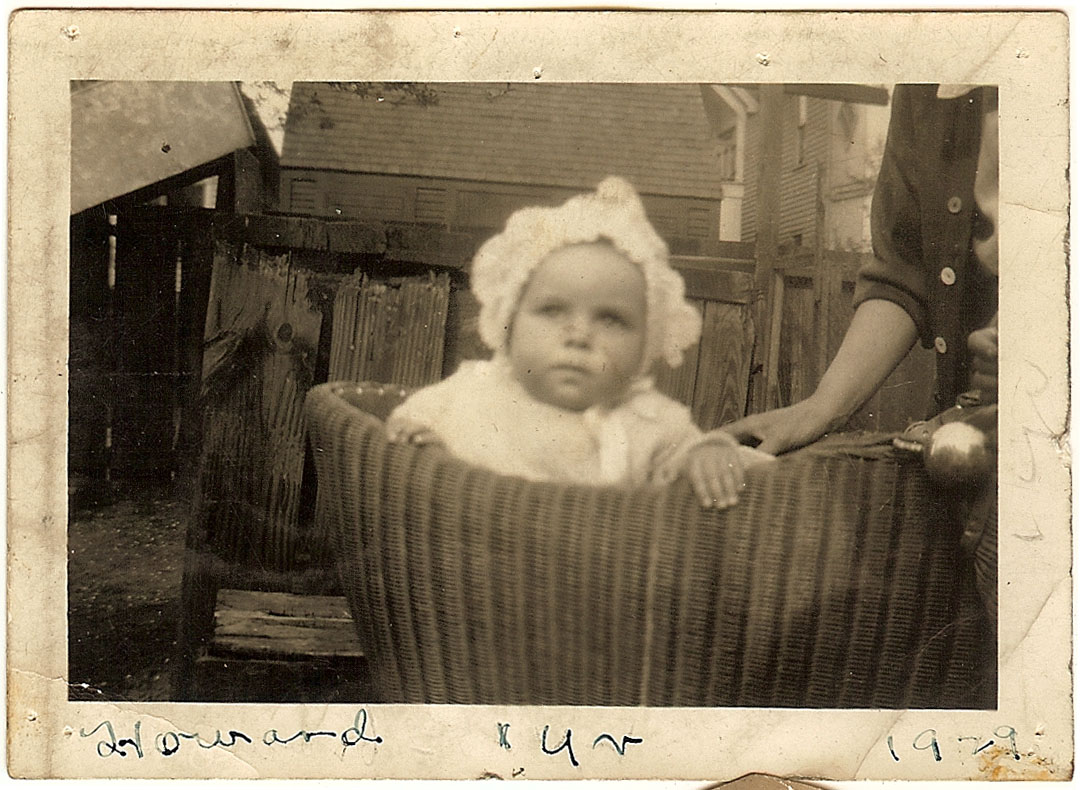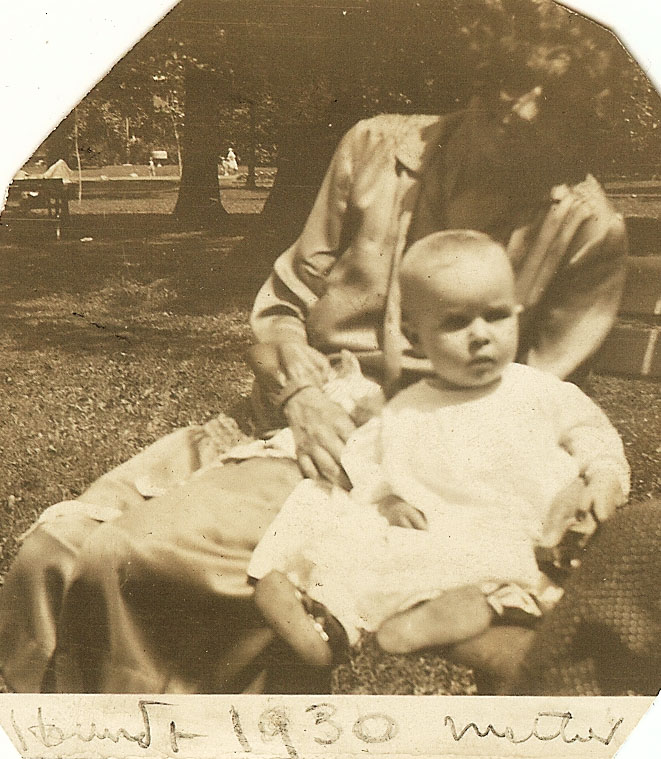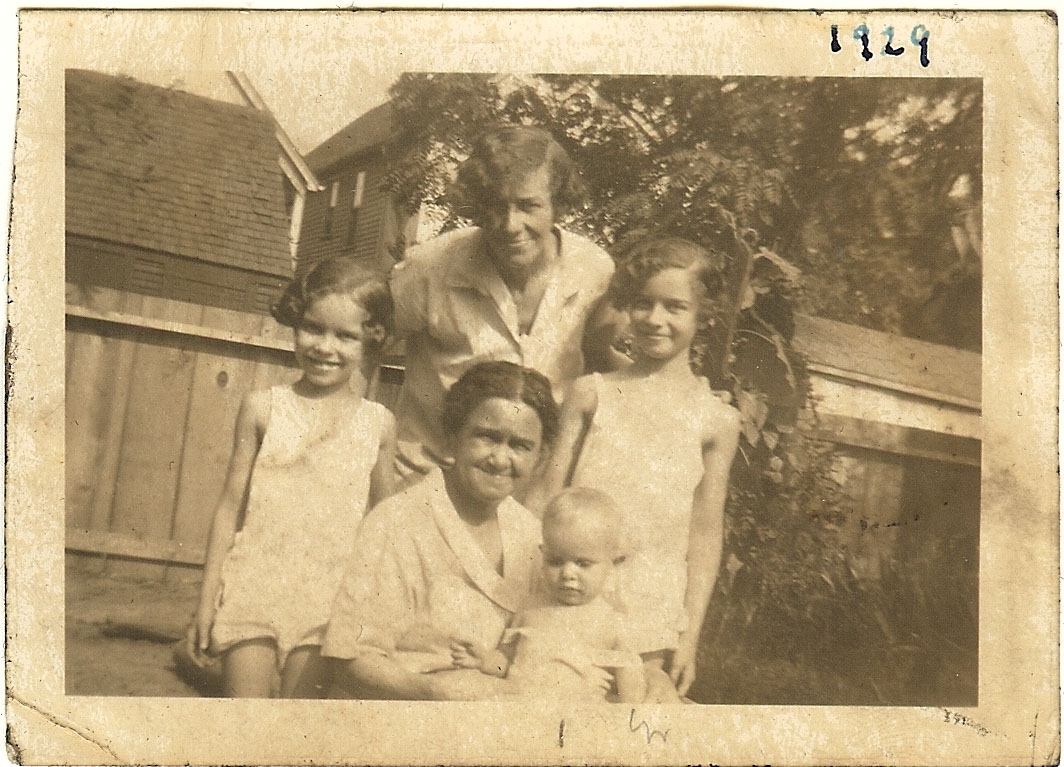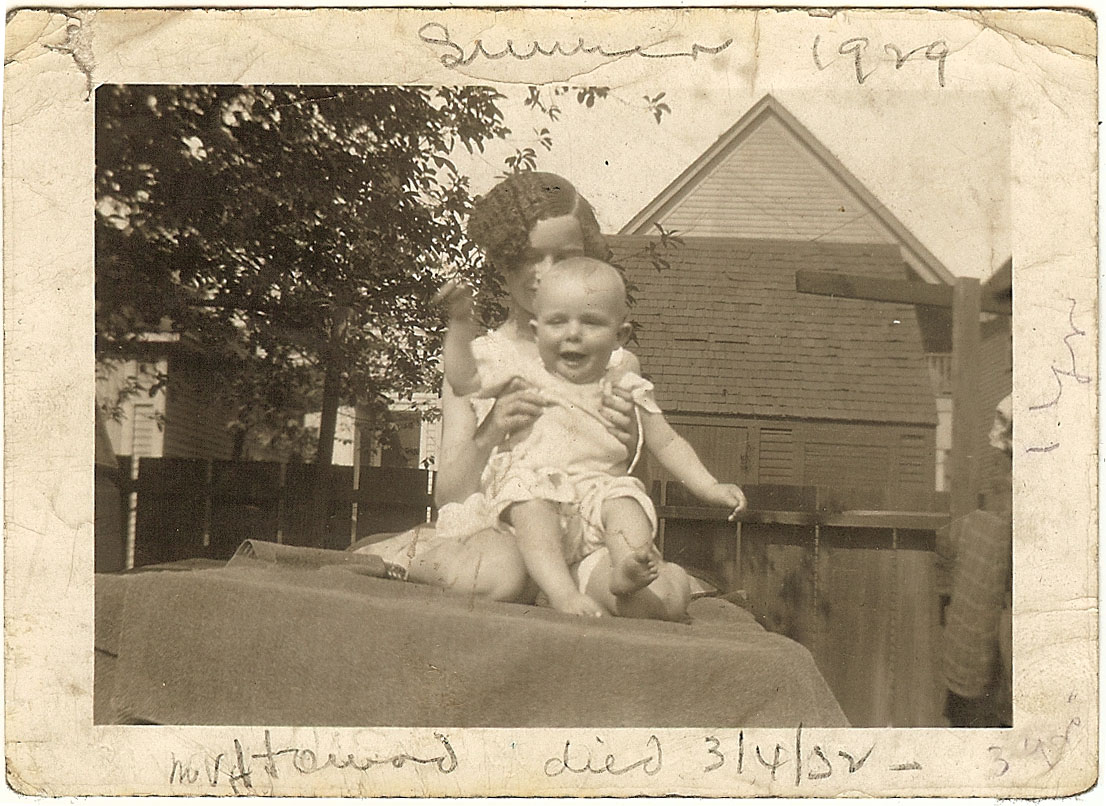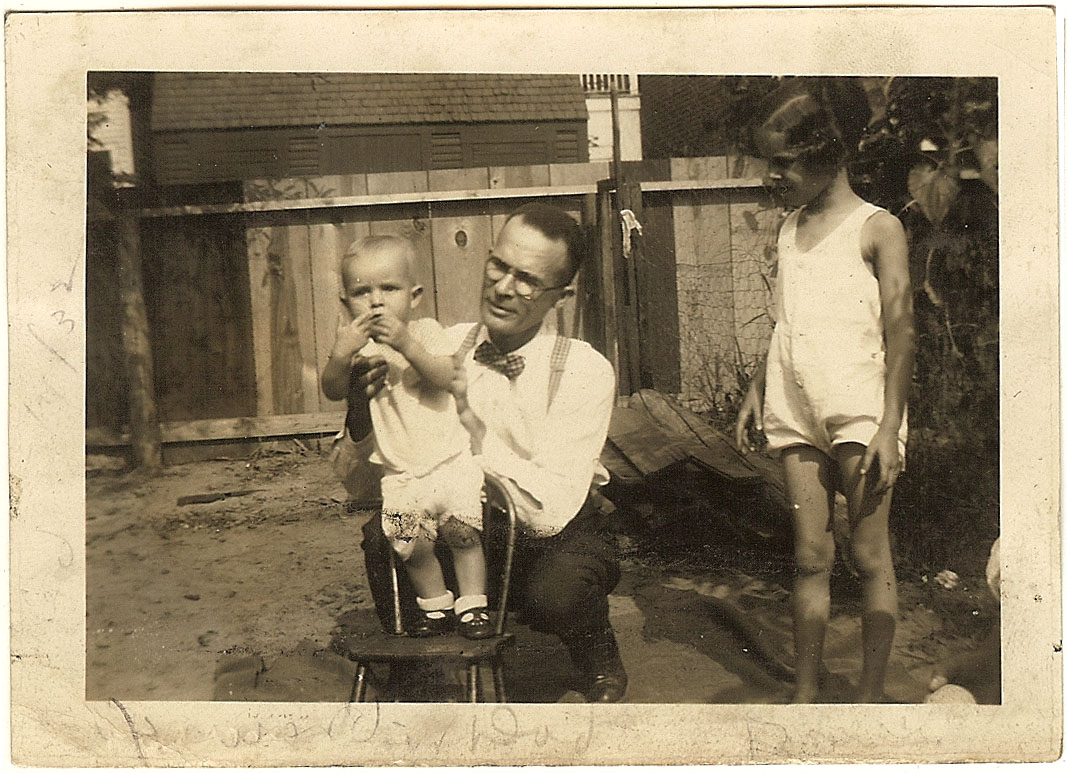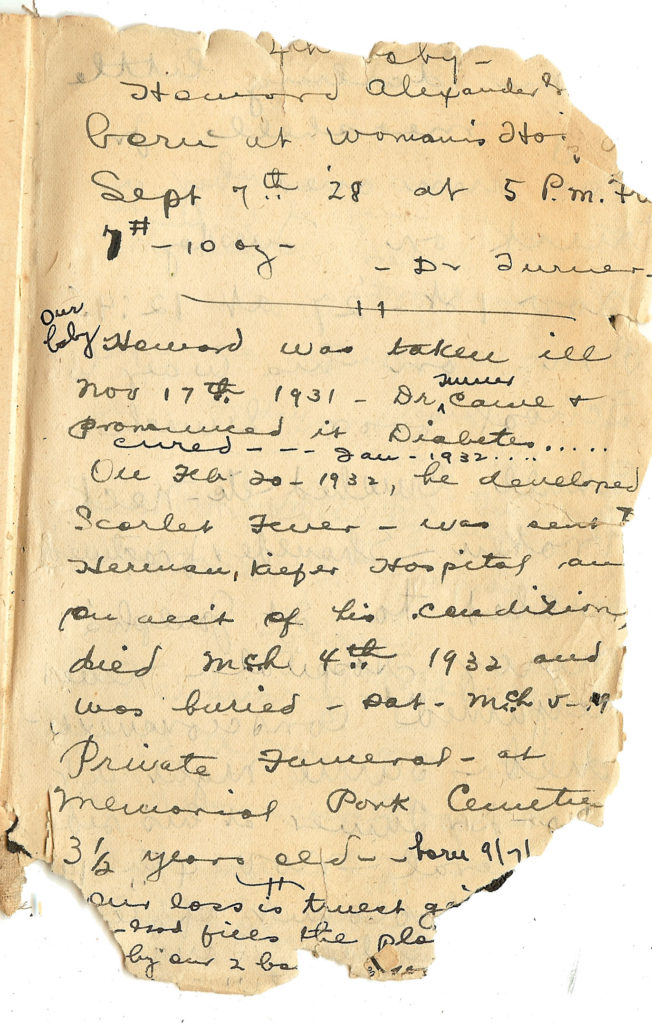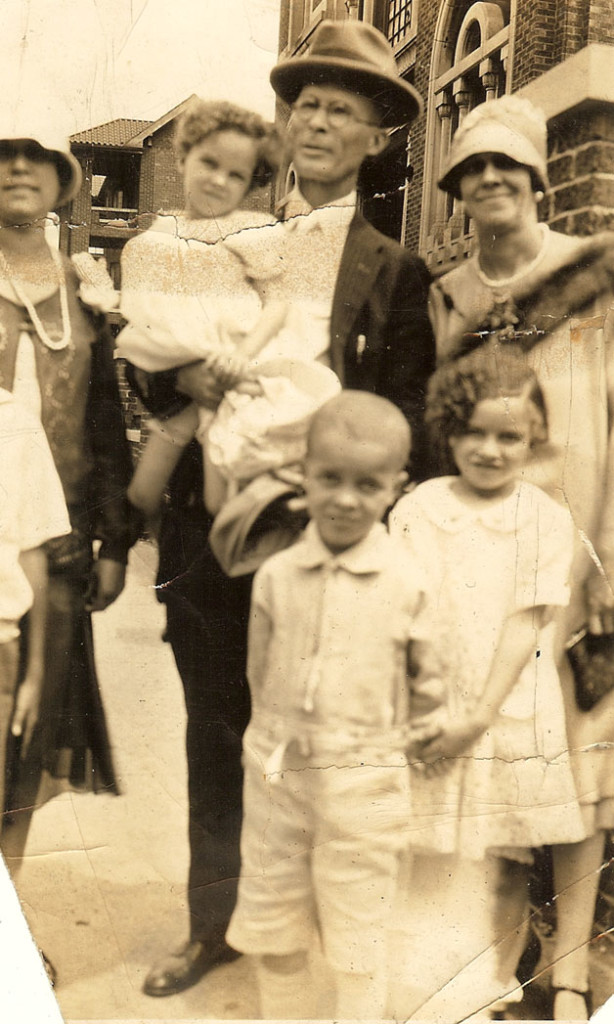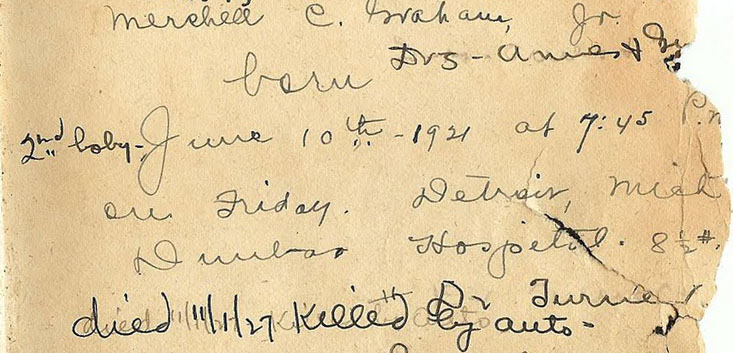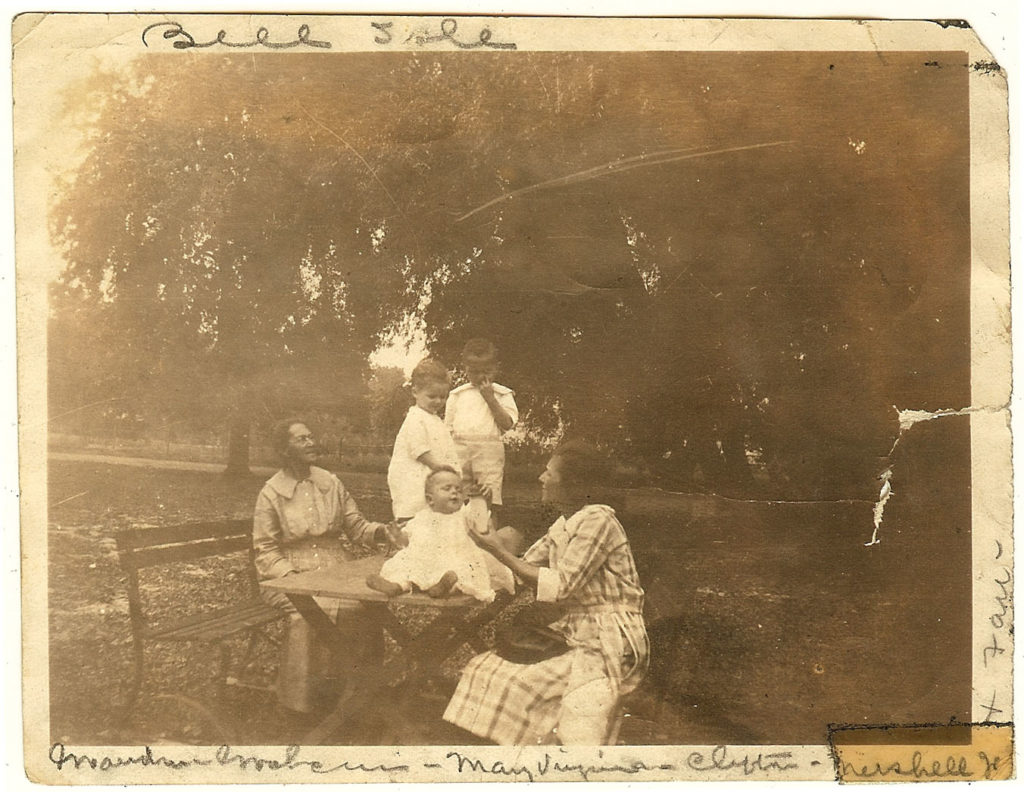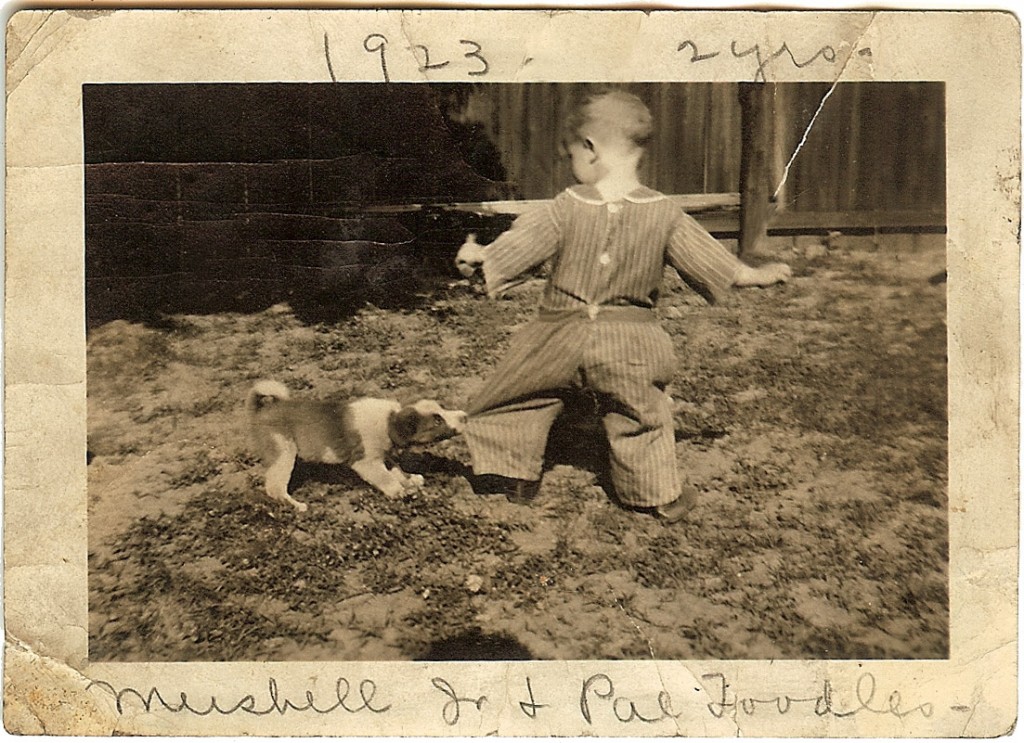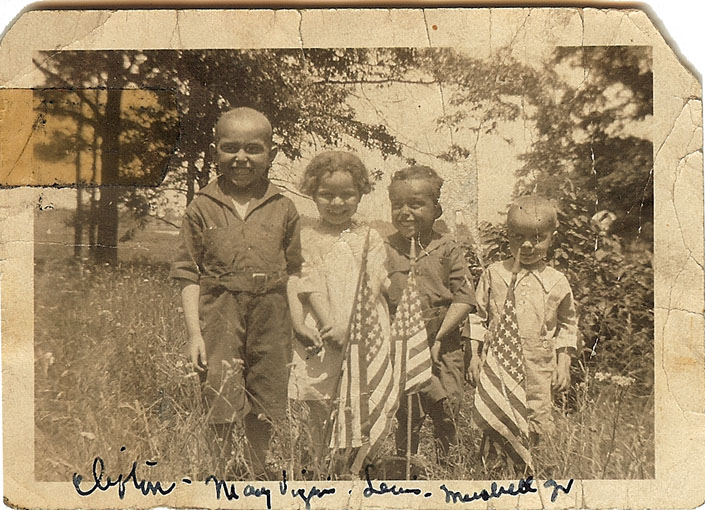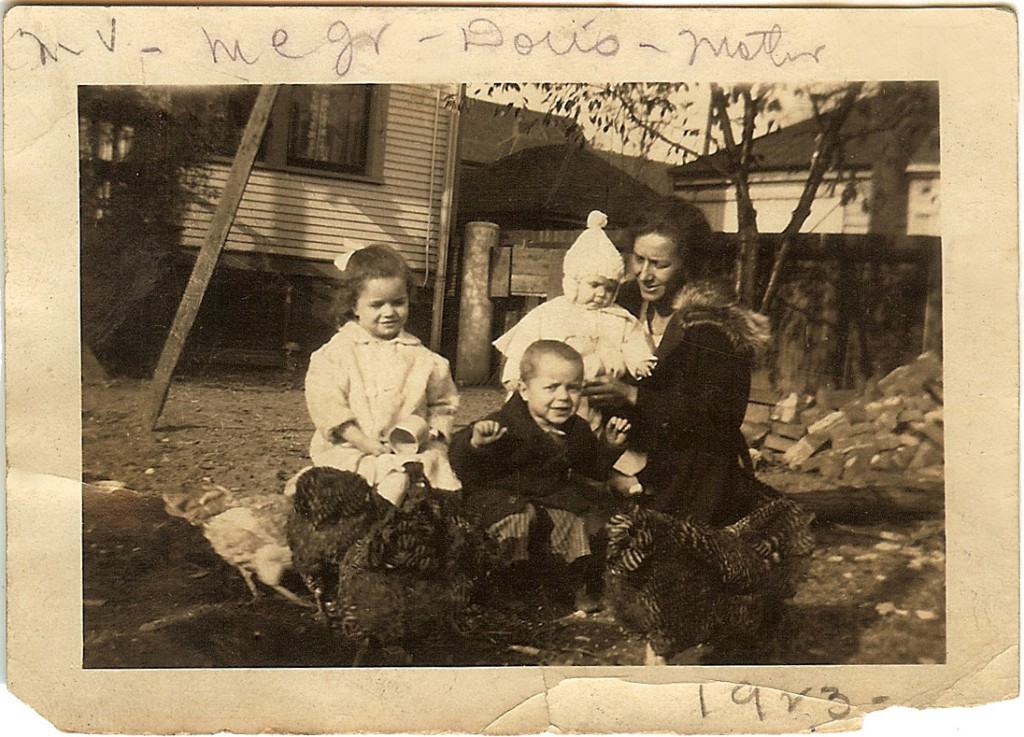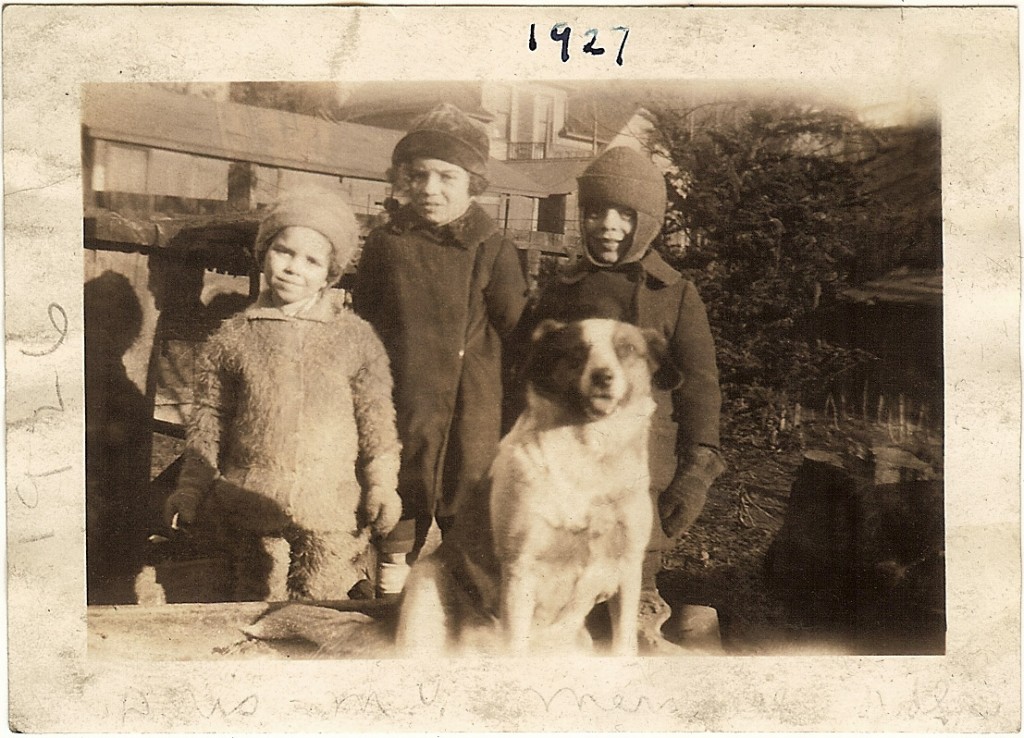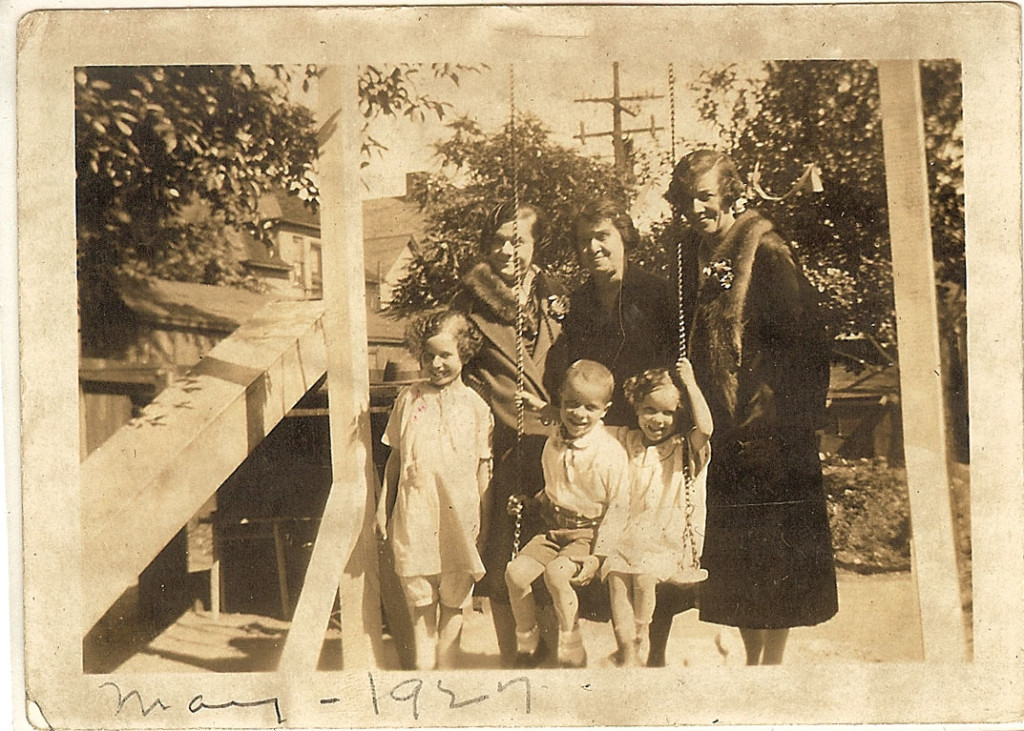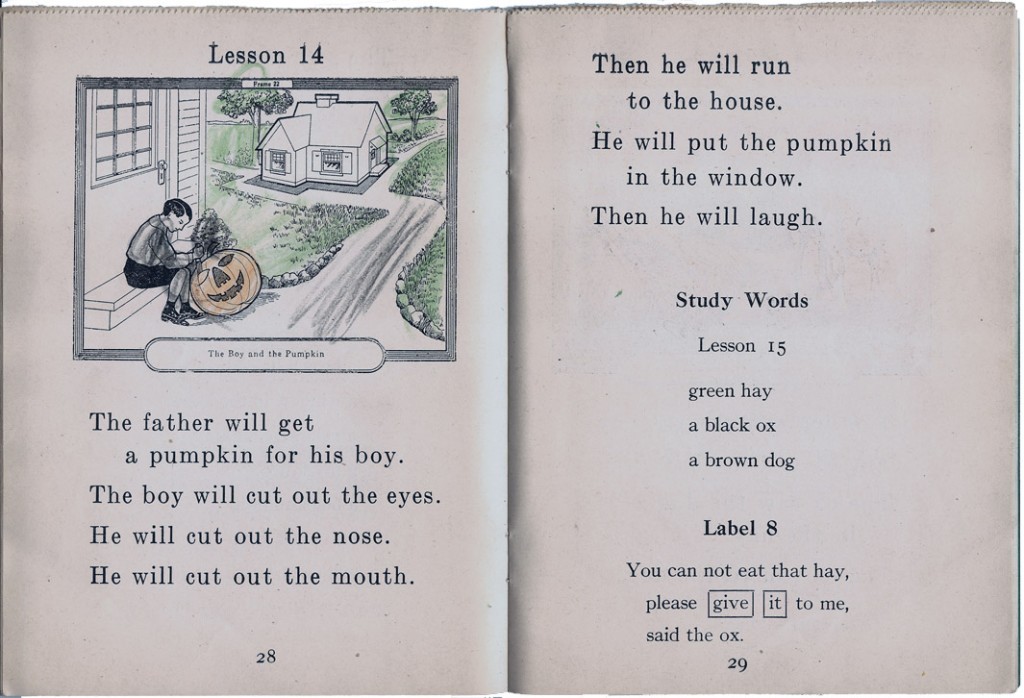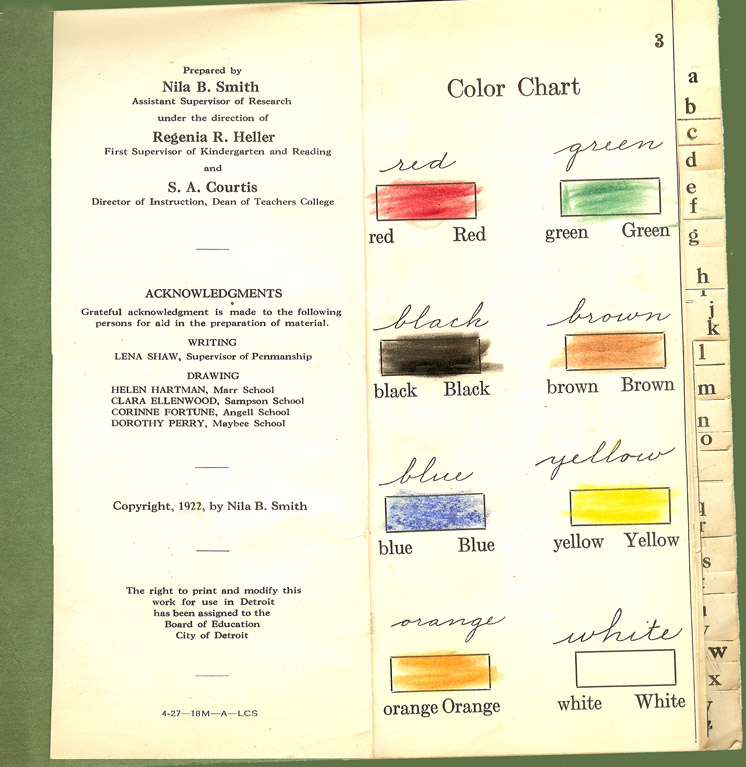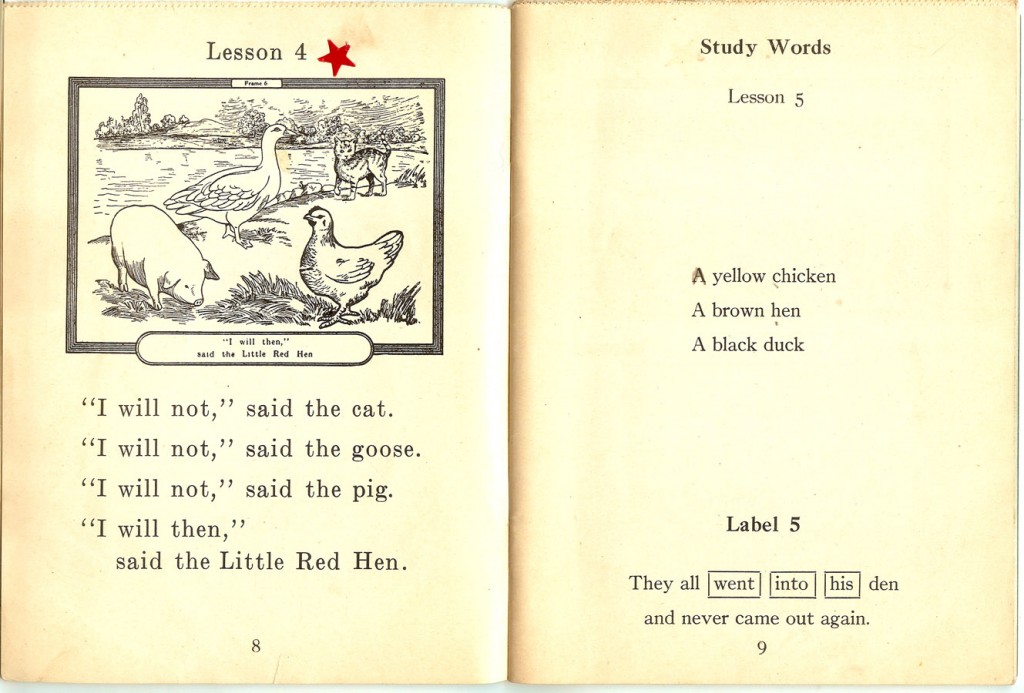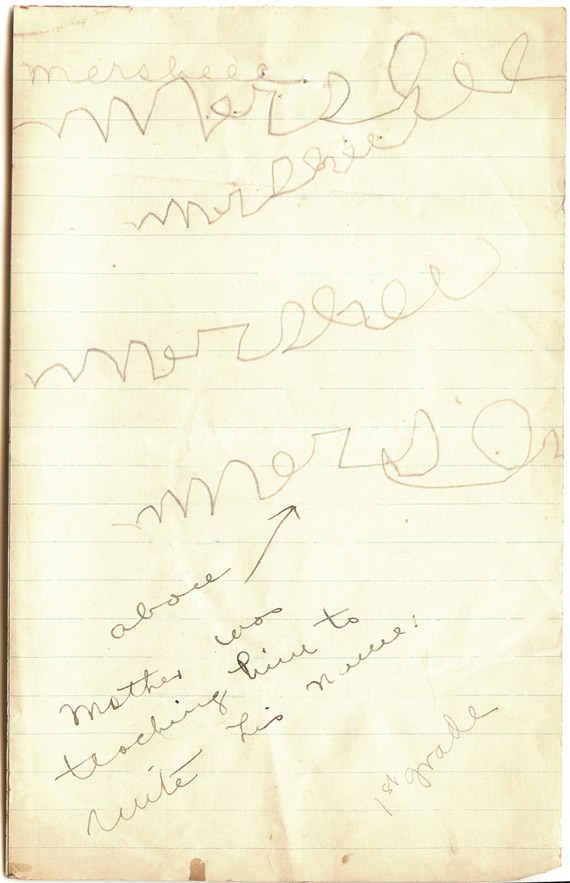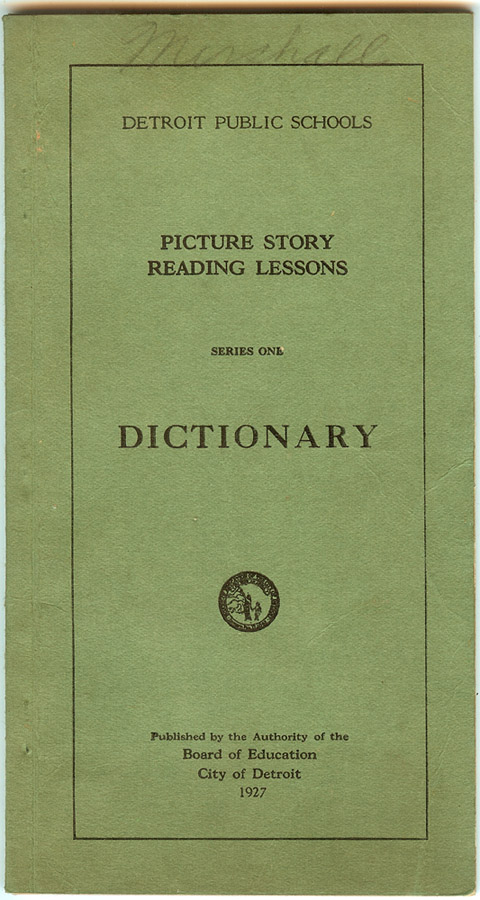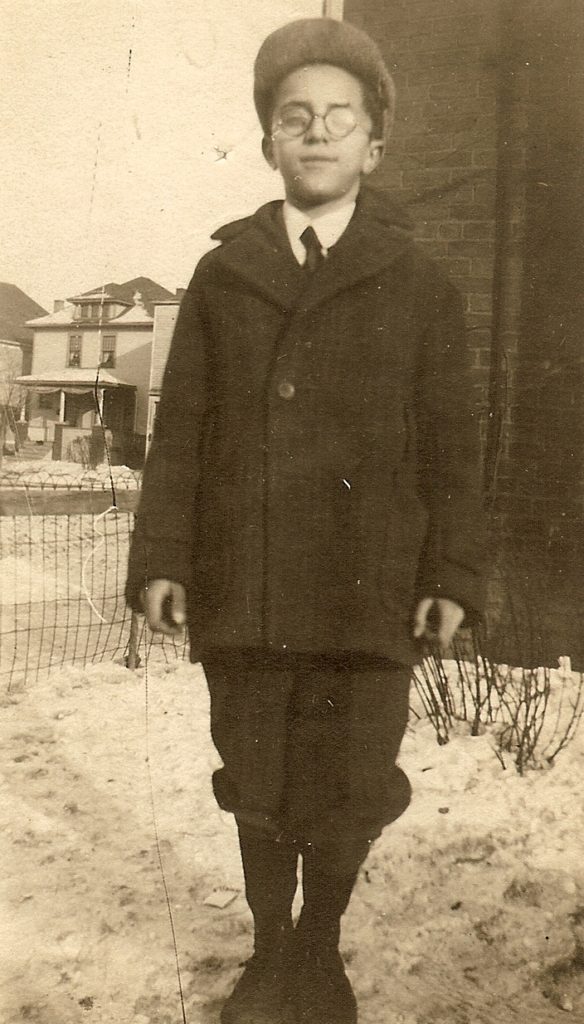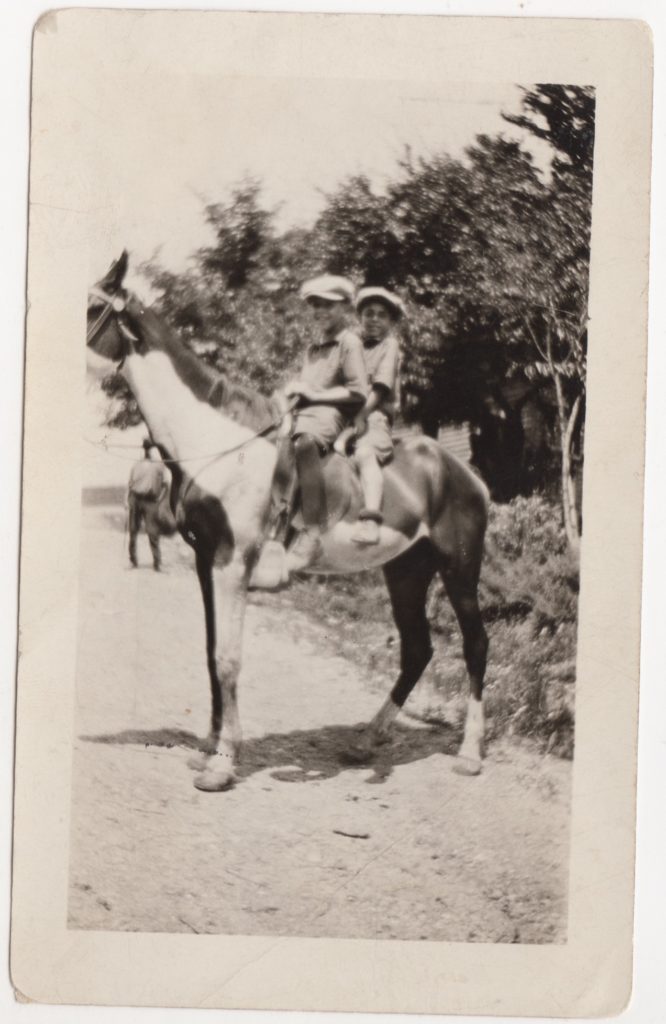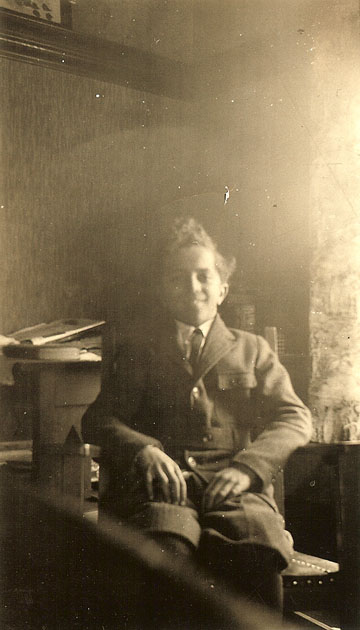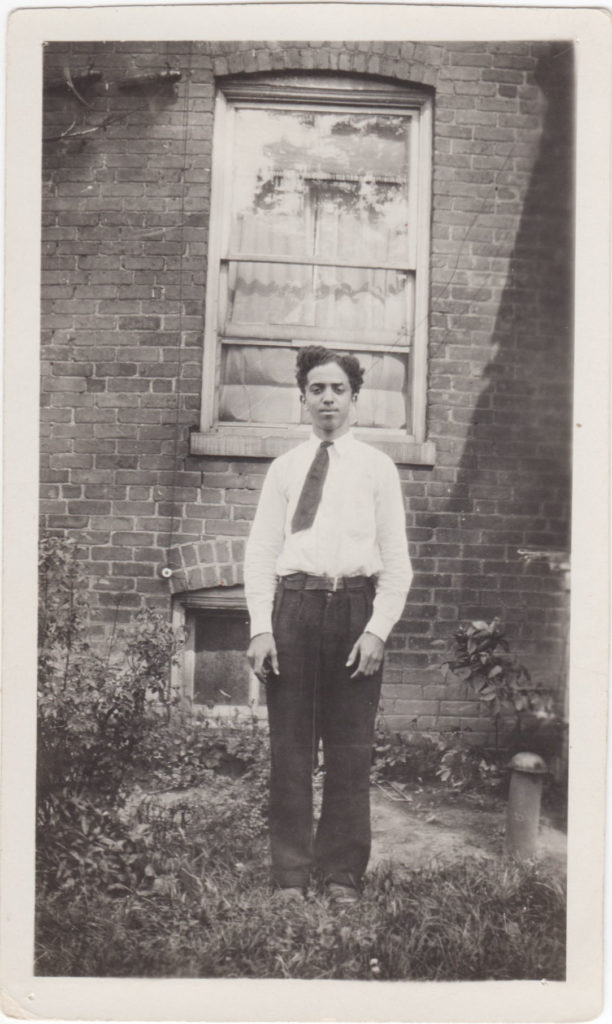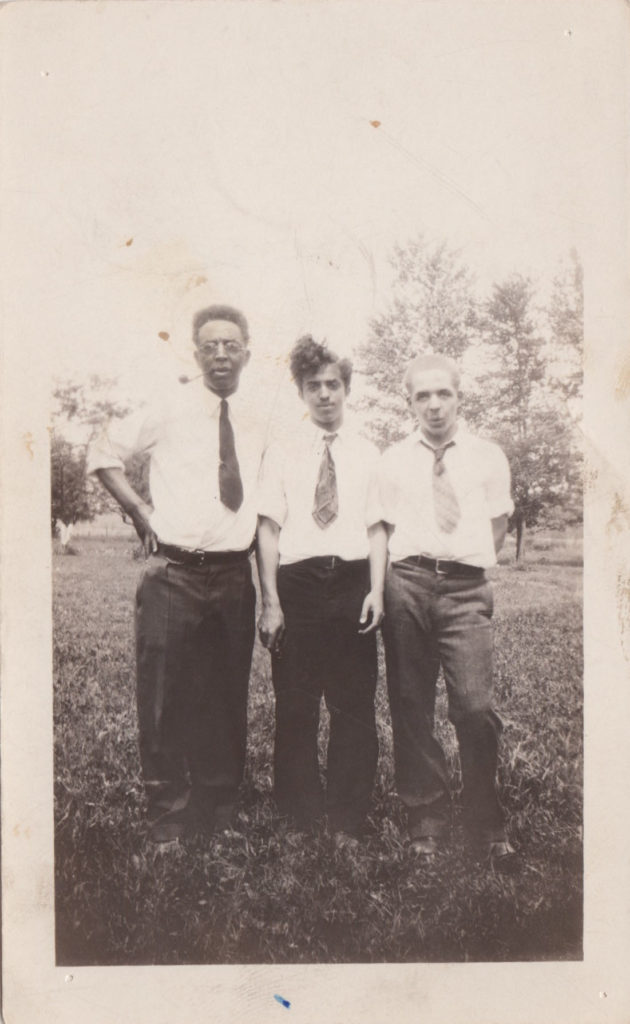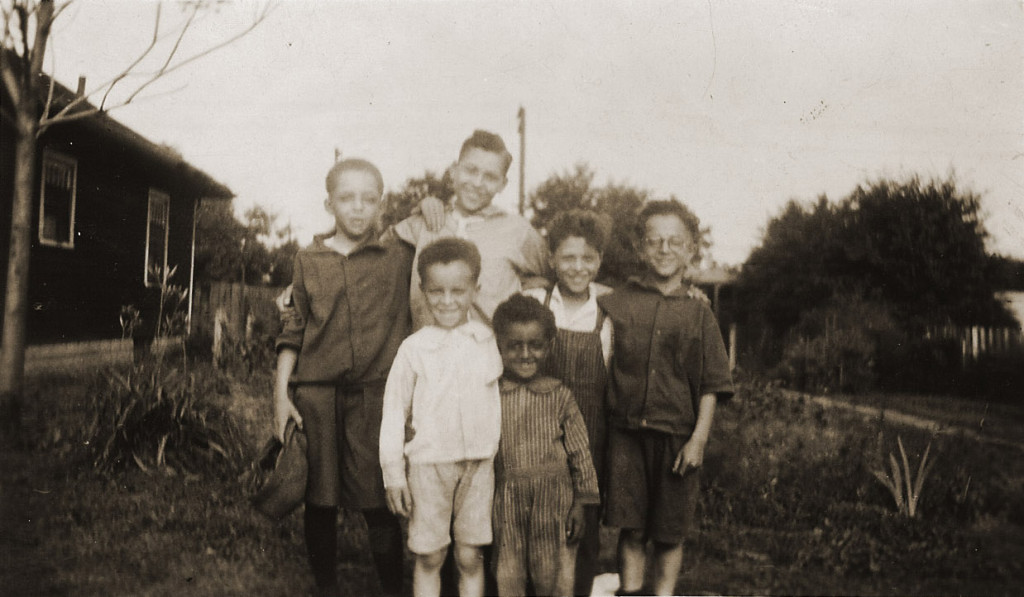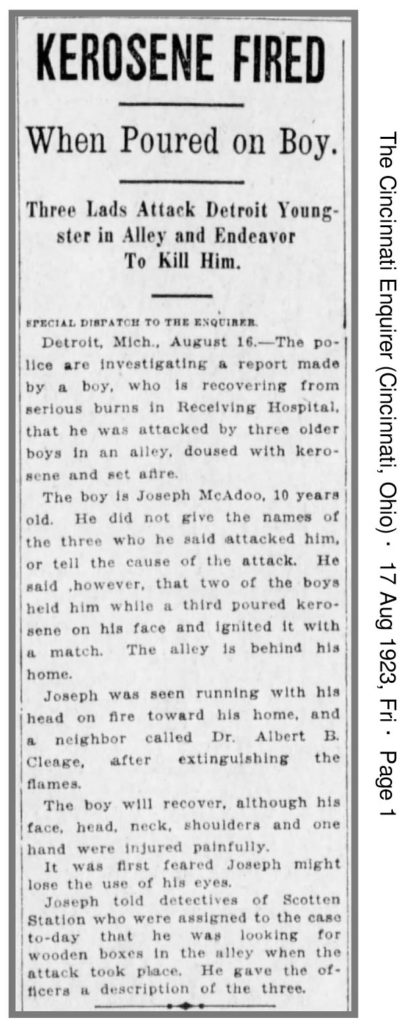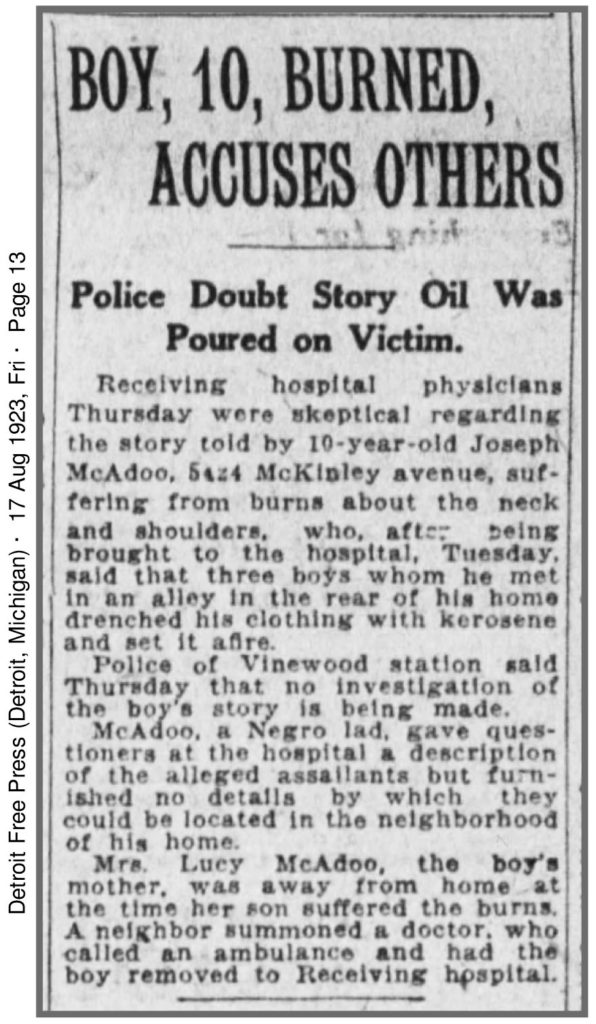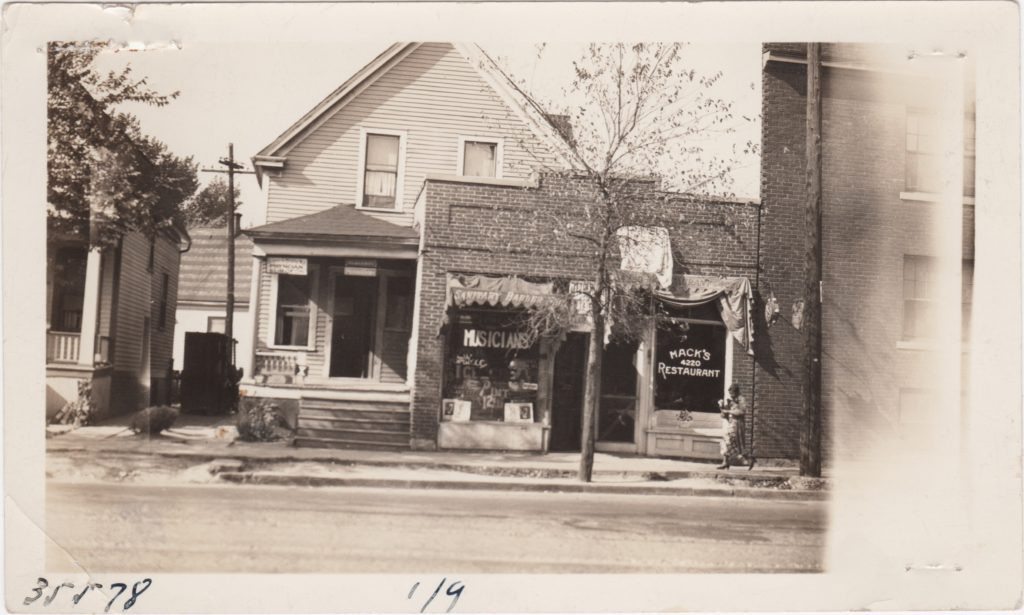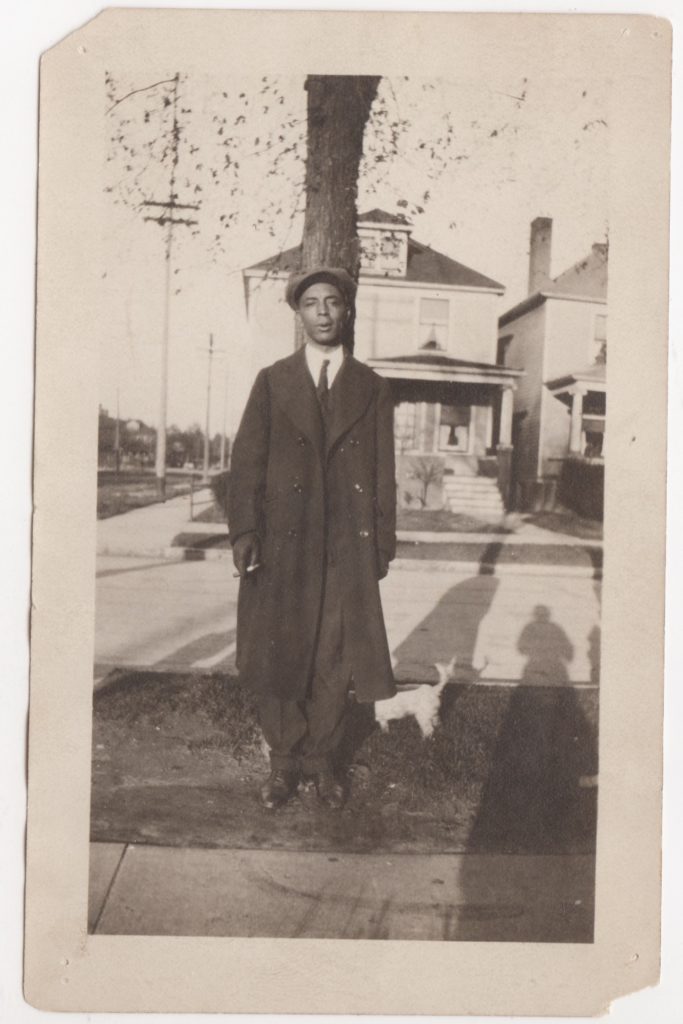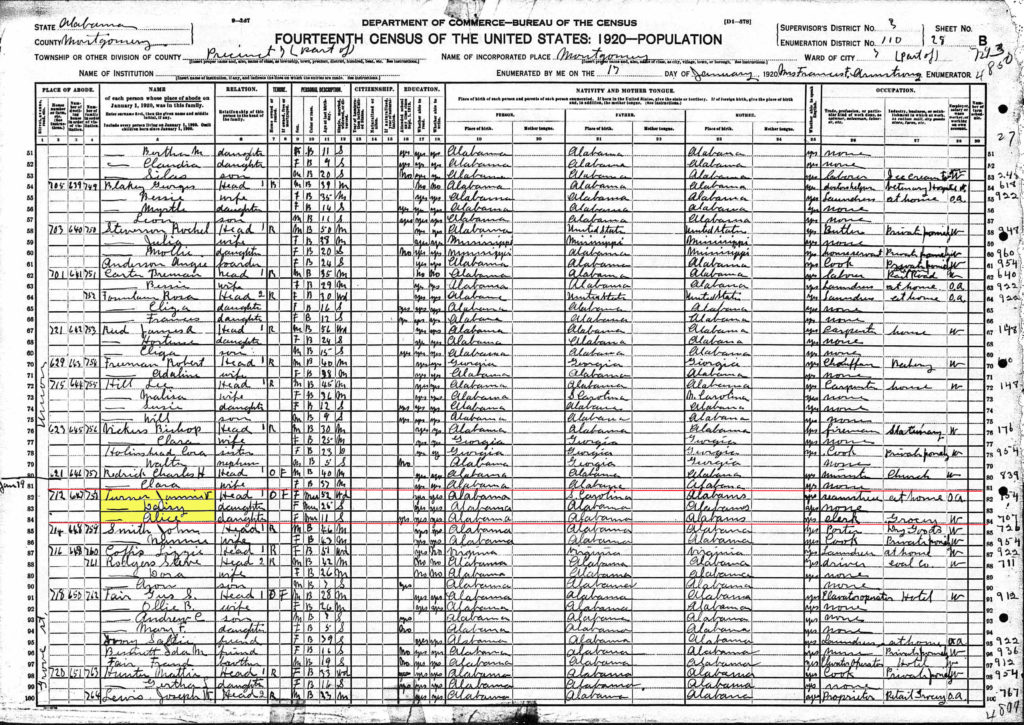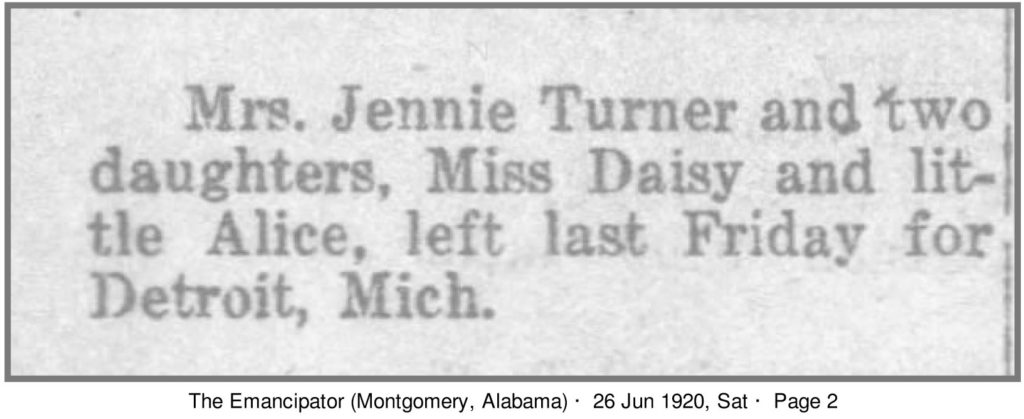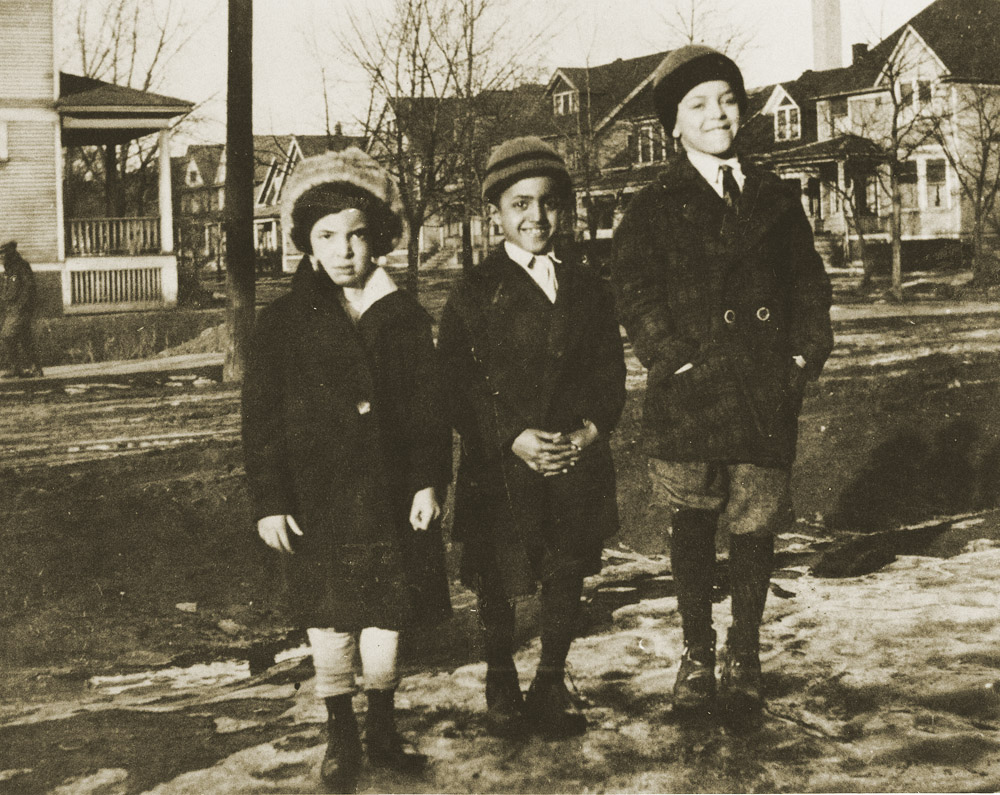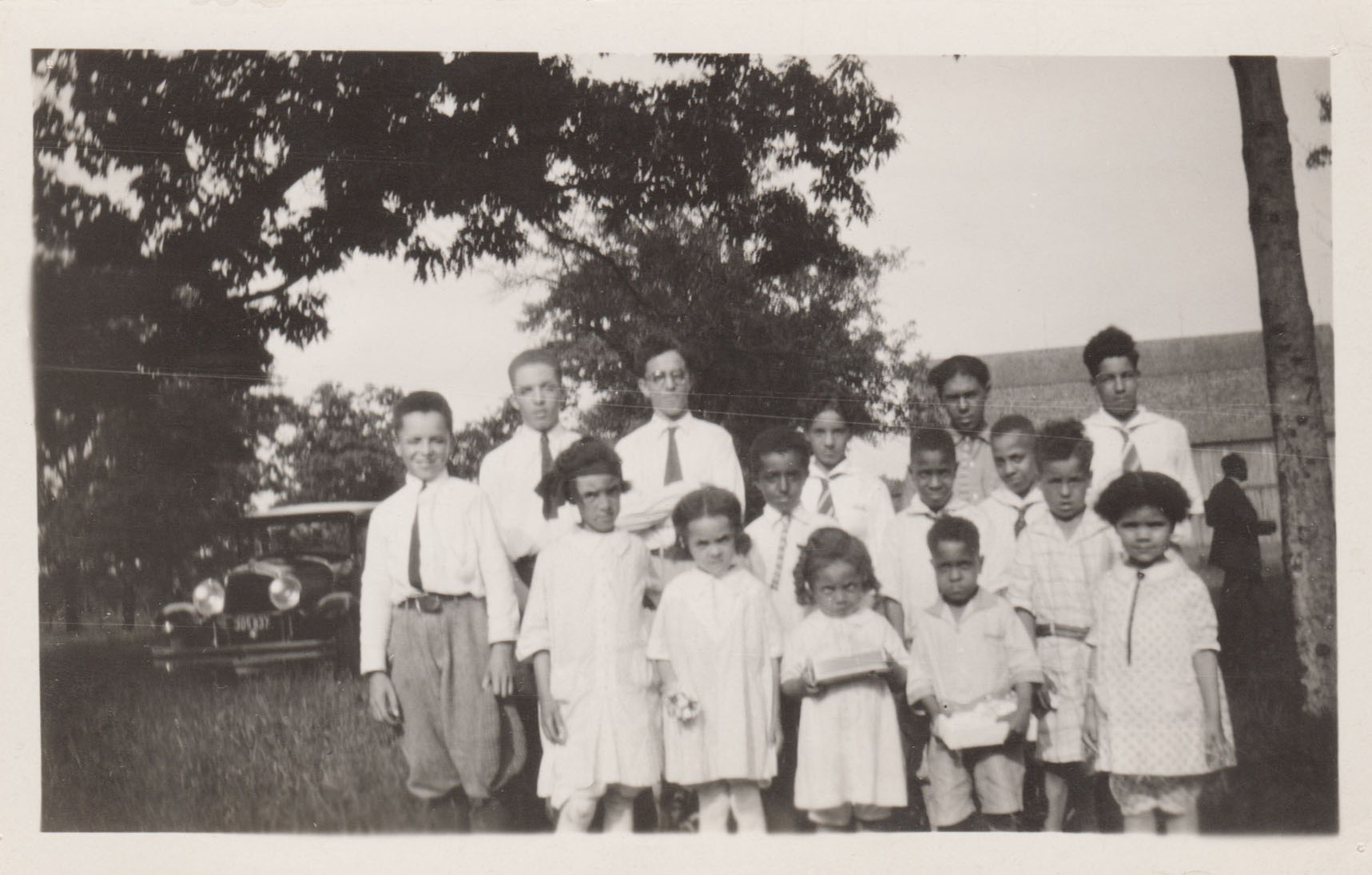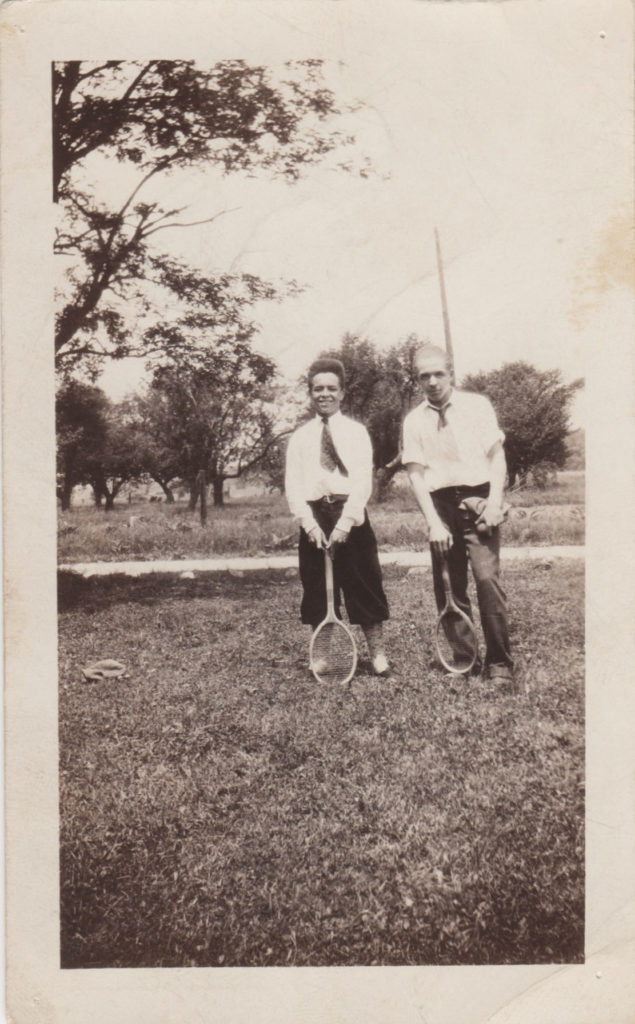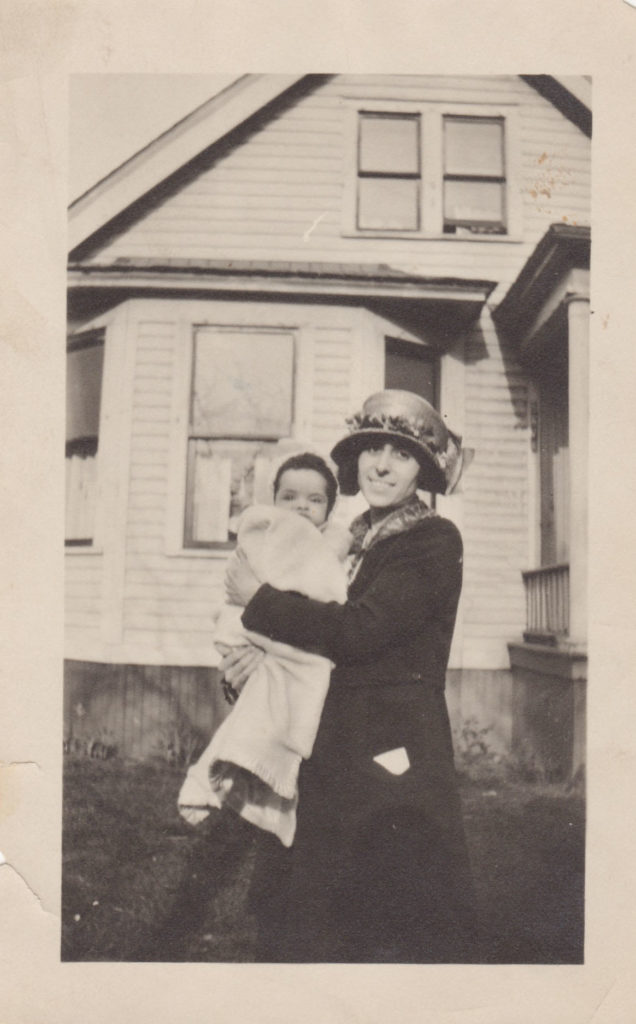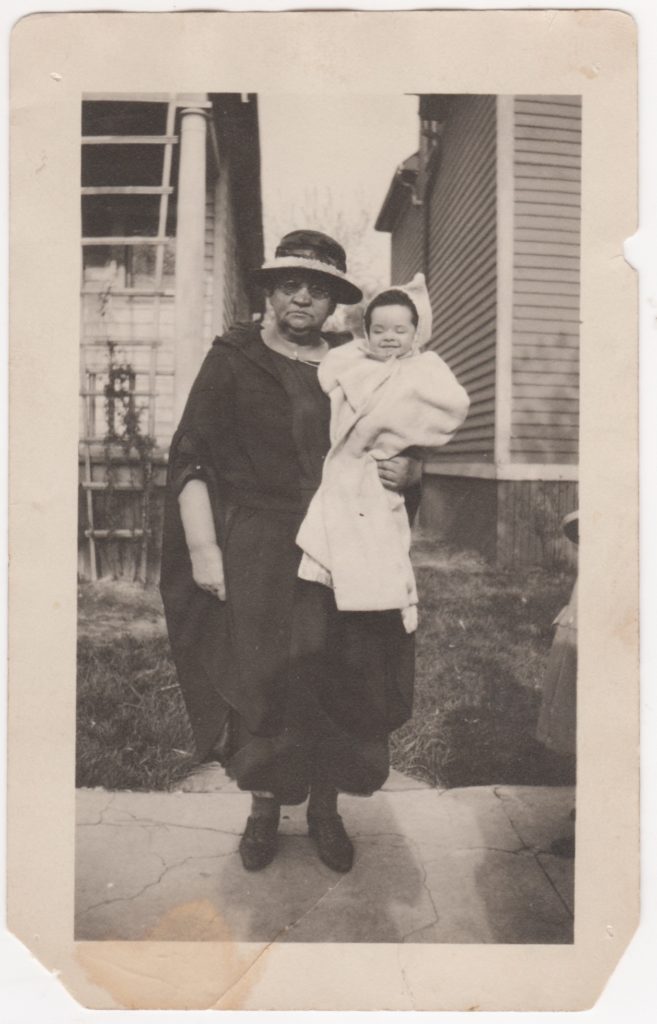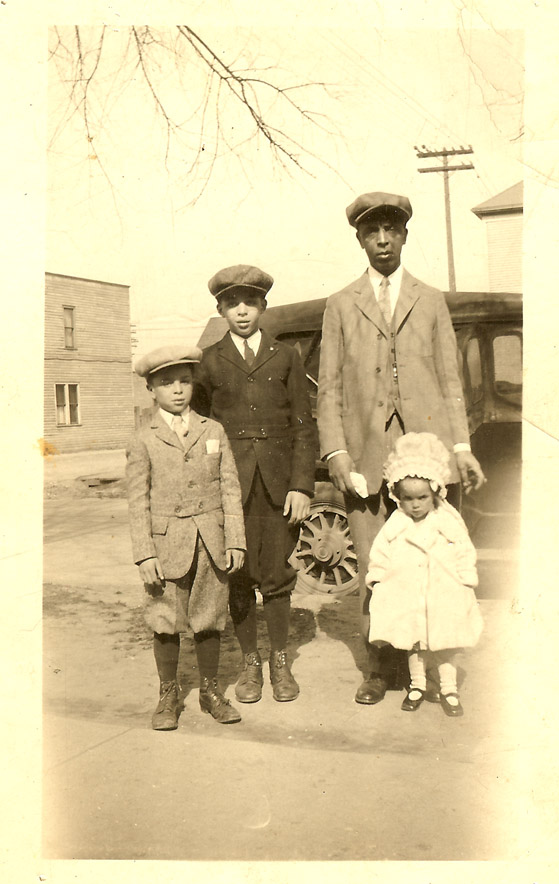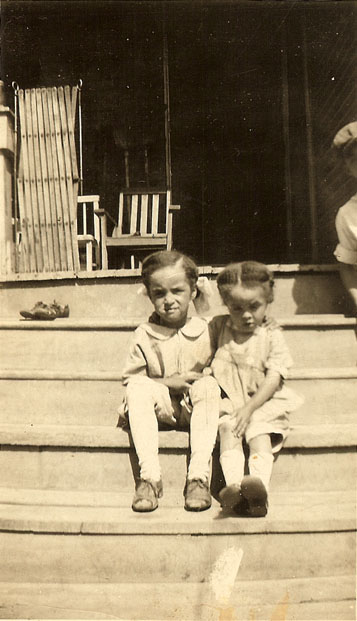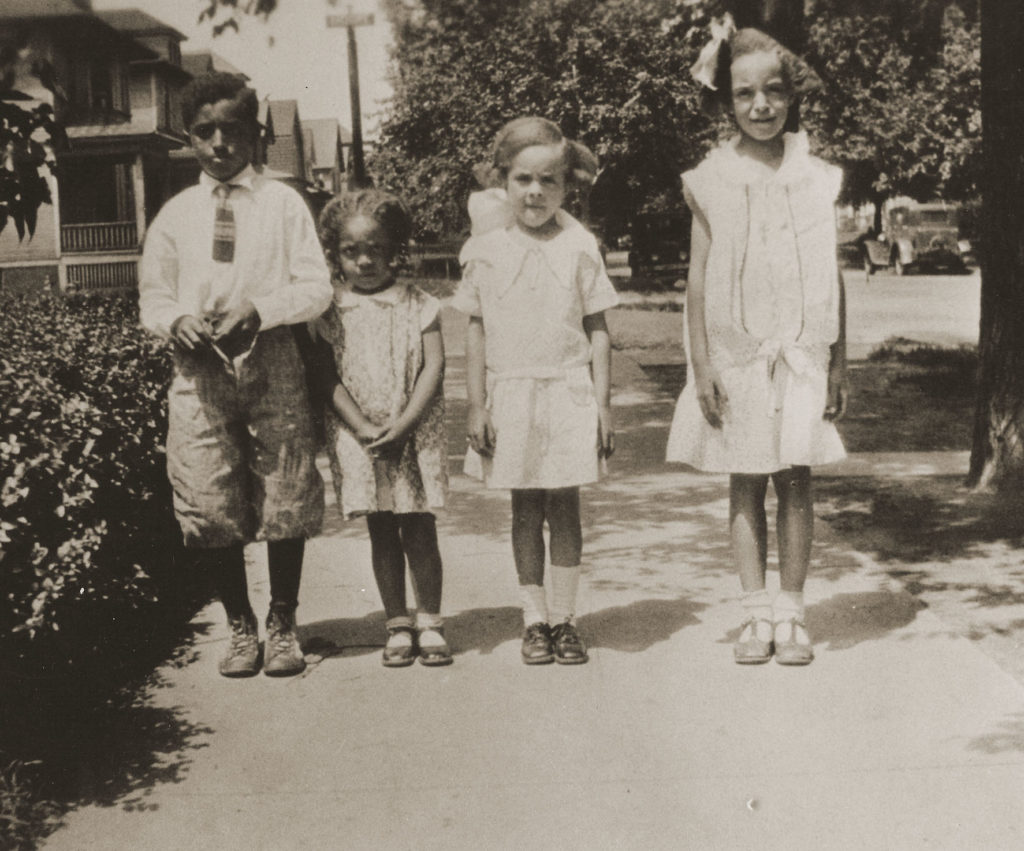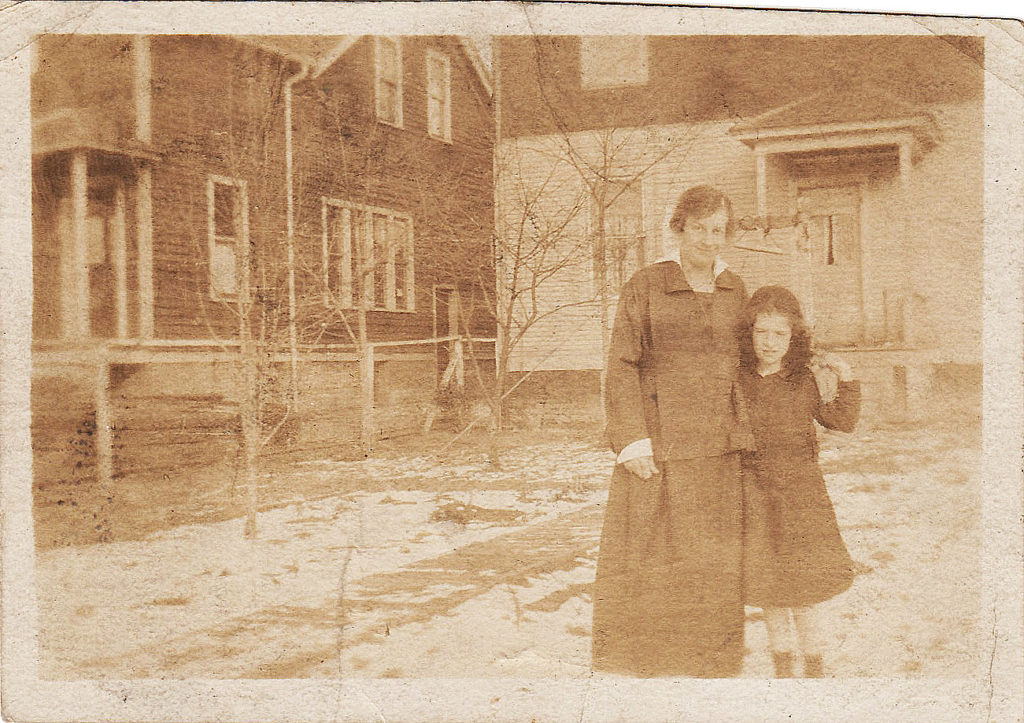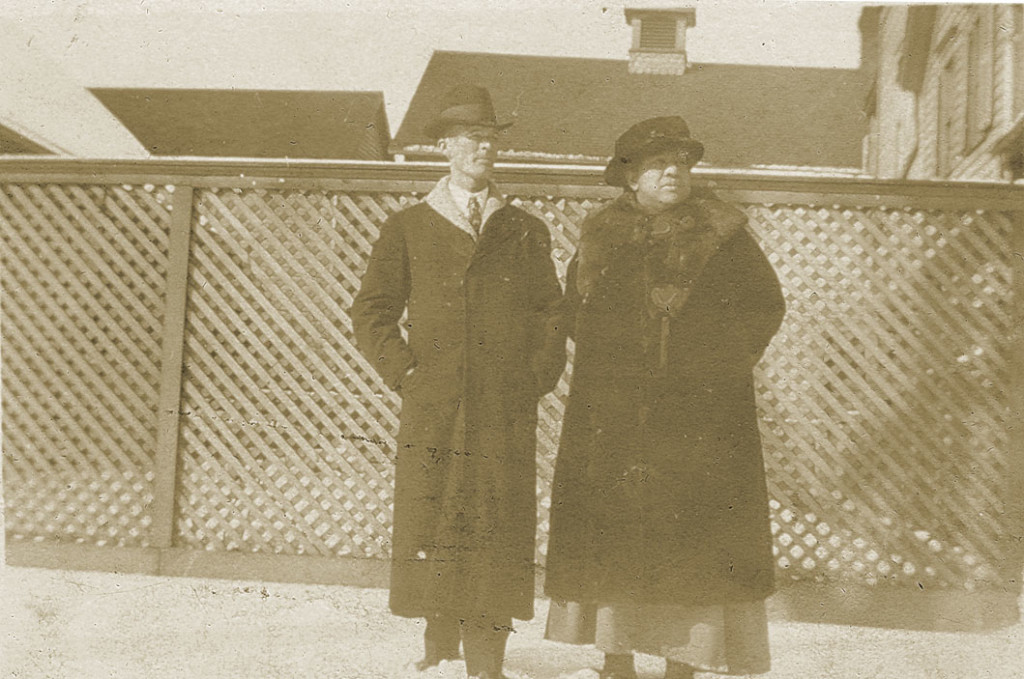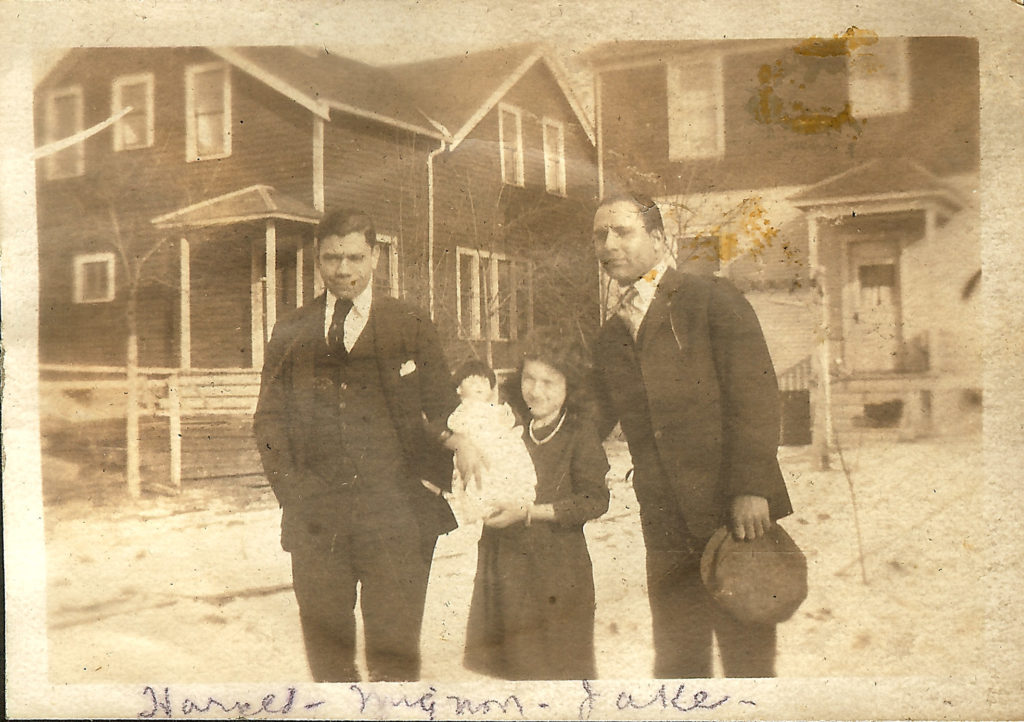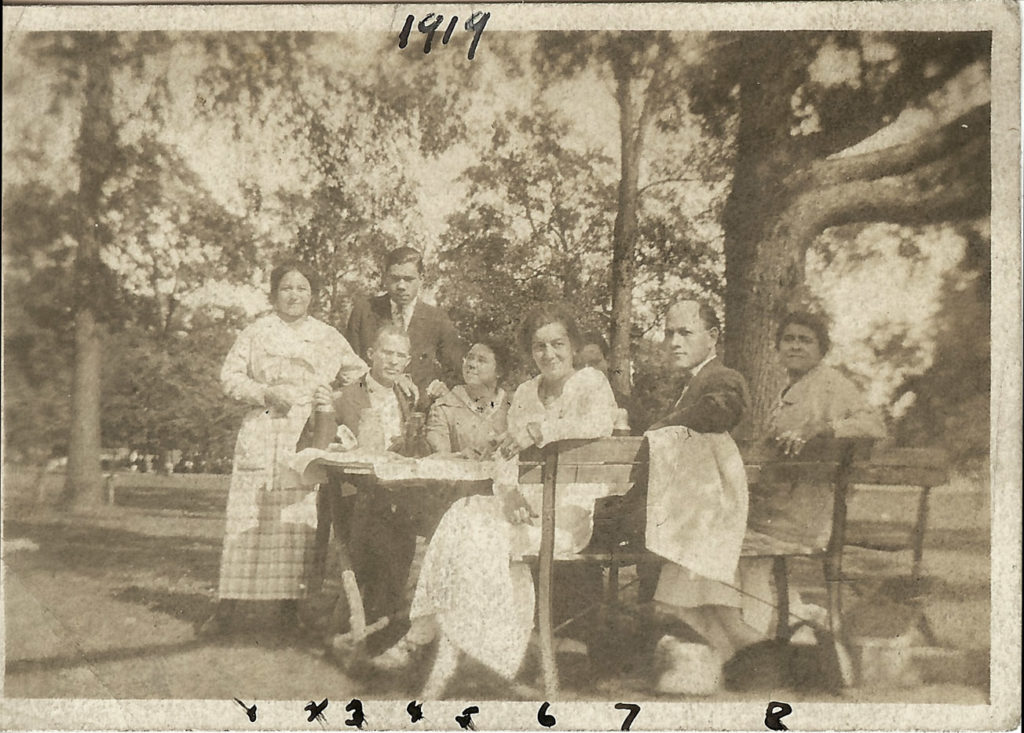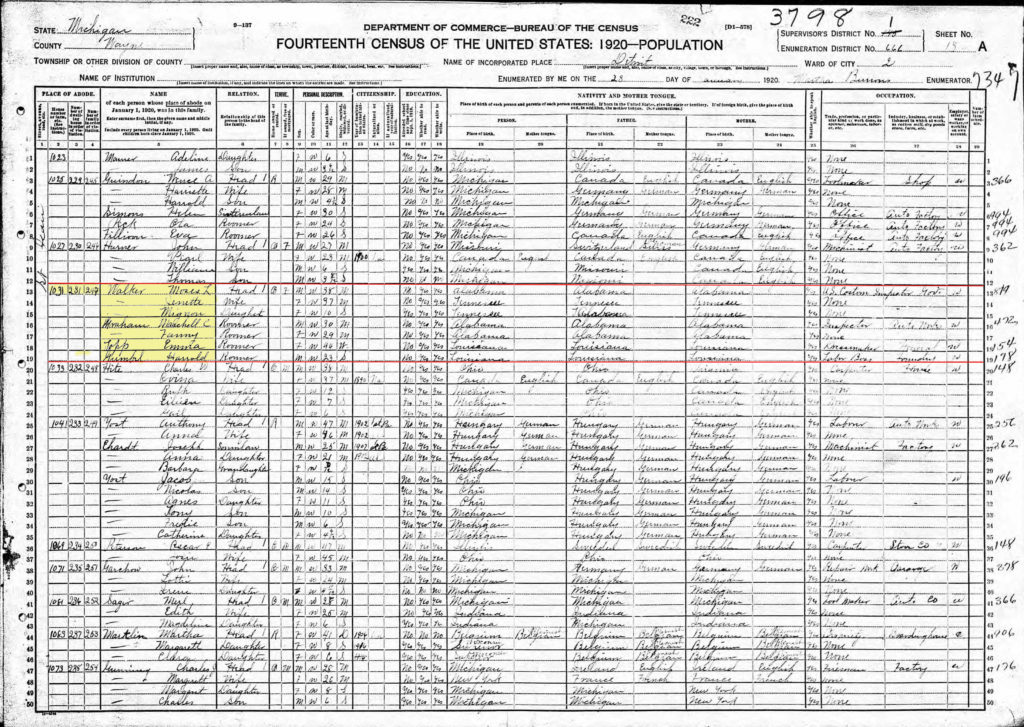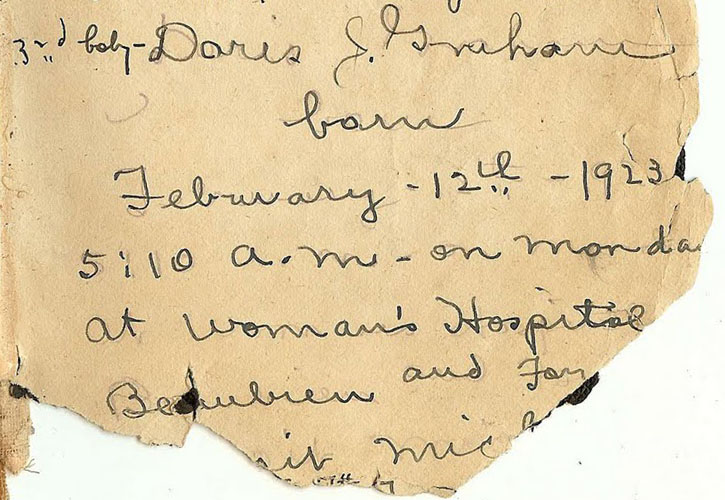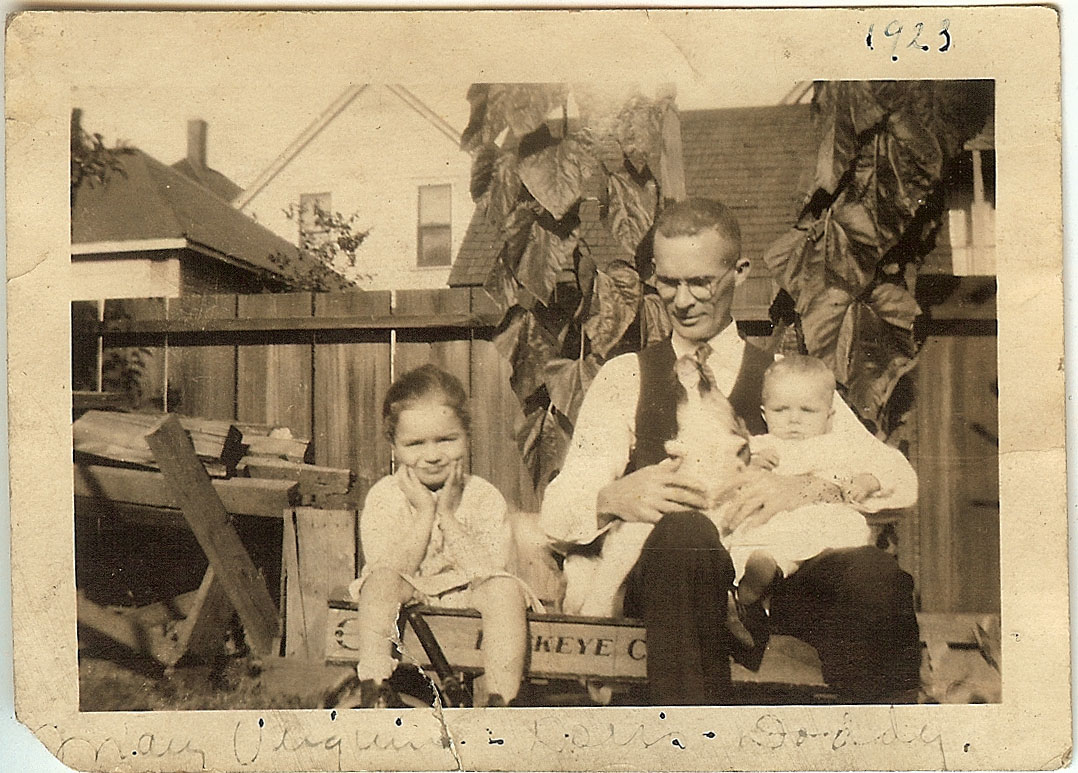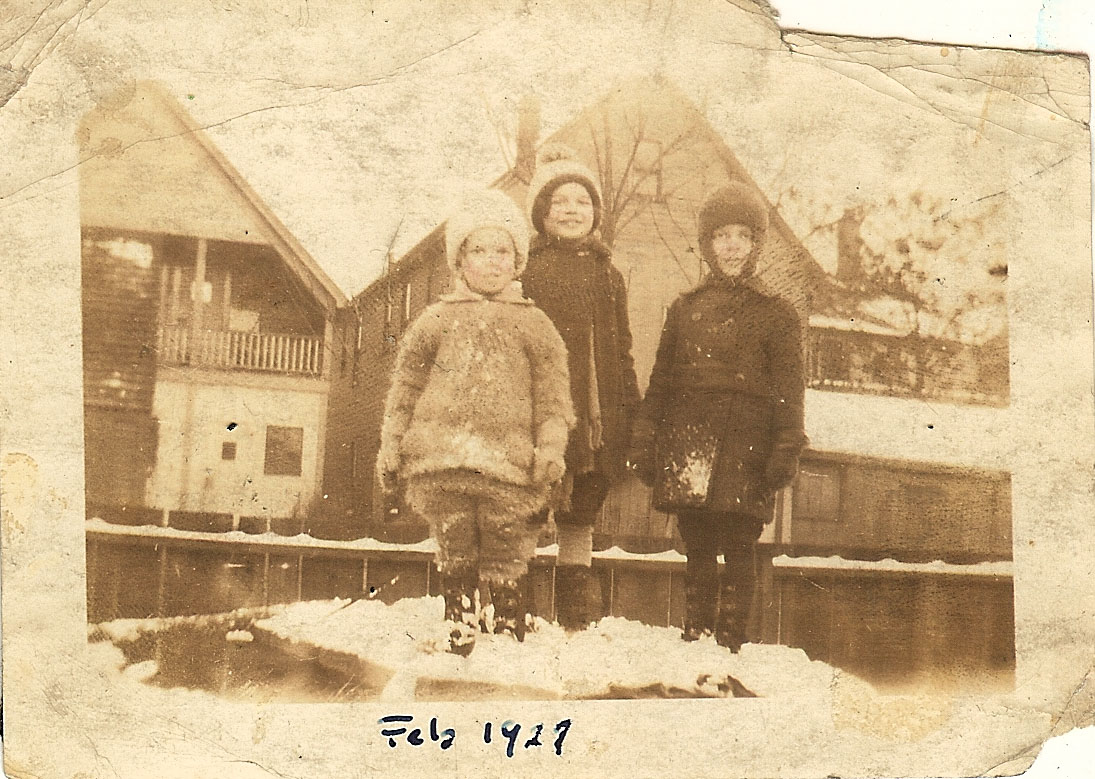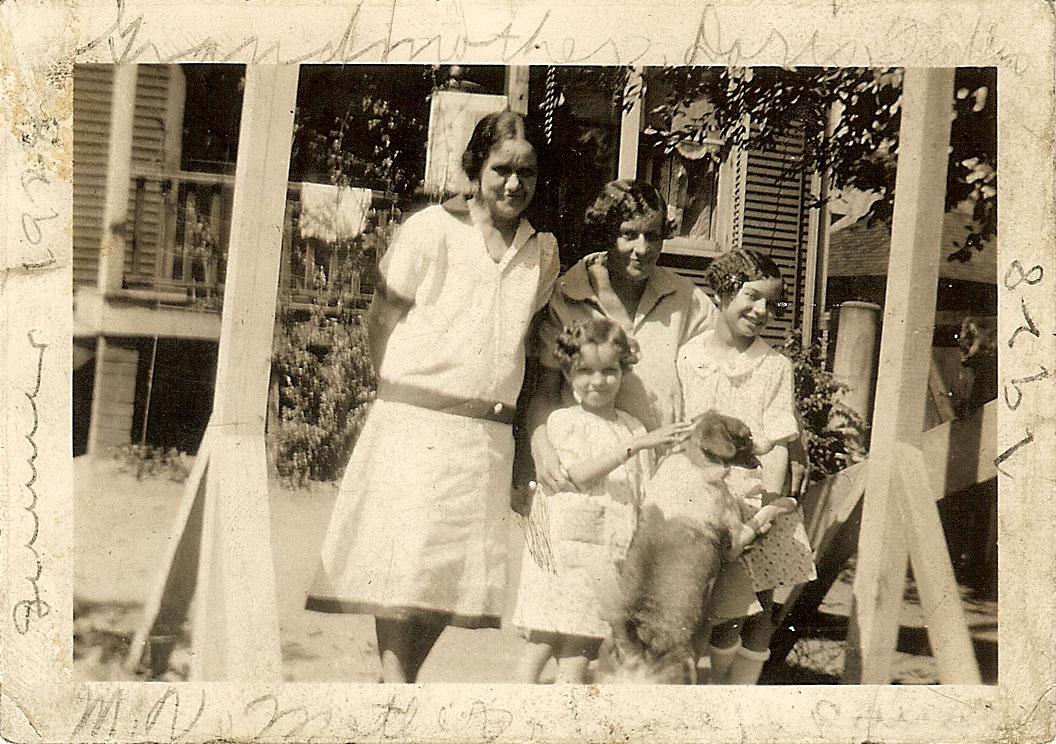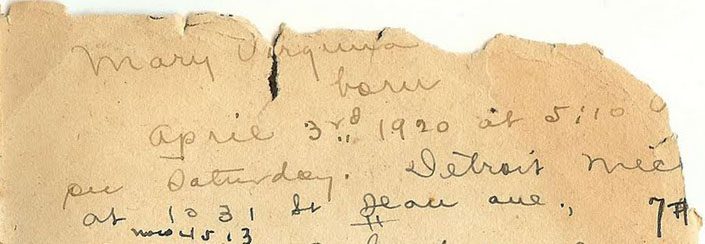
Mary Virginia born April 3rd 1920 at 5:10 a.m. on Saturday. Detroit Mich at 1031 St. Jean Ave., 7 #
On April 3, 1920 Mary V. Graham was born at home with Dr. Ames attending. My mother, Doris Graham Cleage did not remember him fondly when she wrote her family memories in the 1970s. “It was a very difficult delivery, labor was several days long. The doctor, whose name was Ames, was a big time black society doctor, who poured too much ether on the gauze over Mother’s face when the time for delivery came. Mother’s face was so badly burned that everyone, including the doctor, thought she would be terribly scared over at least half of it. But she worked with it and prayed over it and all traces of it went away. Mary V’s foot was turned inward. I don’t know if this was the fault of the doctor or not, but she wore a brace for years.”
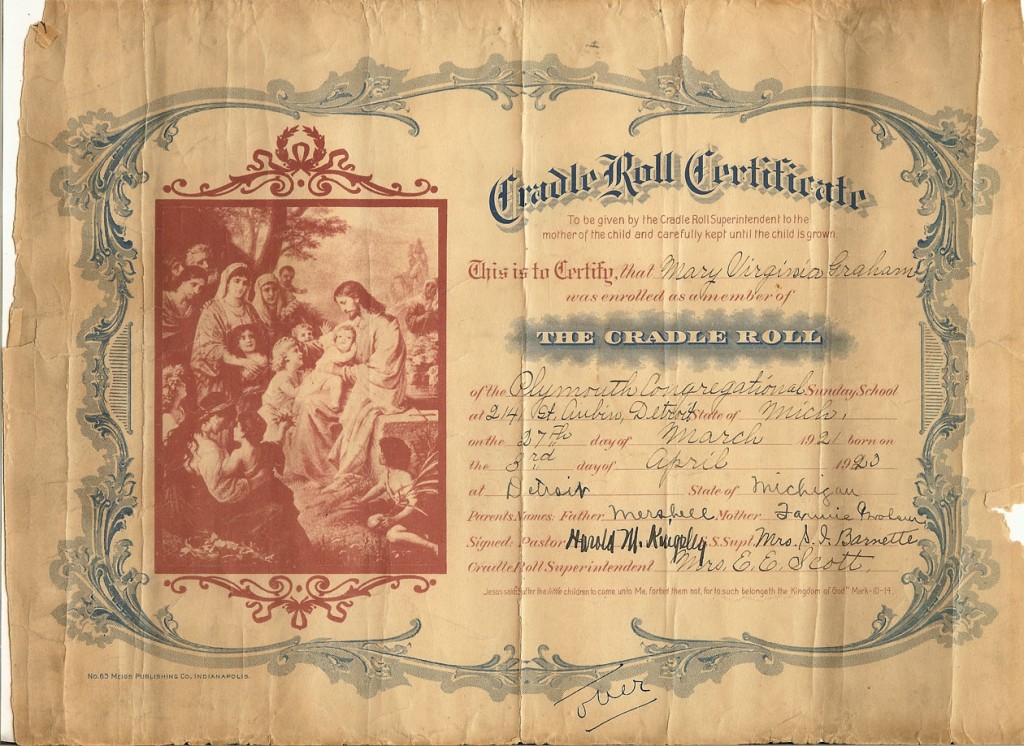
Mary Virginia Graham Elkins Remembers Her childhood
What do I remember about Mom & Dad’s early years? Well, I know they used to speak about when they first came up here in 1919 after they got married and stayed out on Mack Ave (which was real country then) for awhile – then roomed with Aunt Jean and Uncle Mose (who were my godparents) at 4513 St. Jean Ave (the house is still standing) Also Dad’s (adopted) brother, Cliff and his bride Gwen, roomed there too. I (Mary V) was born at the house April 3, 1920 and Aunt Gwen had Lewis the following May, 1920.
Aunt Jean became the first colored policewoman here. Uncle Mose worked for the government. They were both very fair.
Daddy got a job at Fords and they finally moved out (to Theodore, I think) He bought that house. Uncle Cliff and Aunt Gwen bought a house also, right down the street from where they were staying. In fact, Aunt Gwen is still living and must be 90 plus and still in the same house. My cousin, Lewis, is retired from the Post Office, I think. He should because he turned 71 in May, and lives with his Mom. Never married. A confirmed batch. I also know that Daddy worked through the big depression in the 30’s and we always had something on the table, clean clothes, etc. and Mama never worked a day in her life after she married. Dad wouldn’t let her. Said no wife of his was going to work, but stay home and keep his house and raise his children. Typical in those days. They got along and I am sure Doris and I had a happy childhood.
I can remember Poppy waiting till Xmas Eve to go and get our tree. We (Doris and I) usually went with him…and bringing it home to decorate. He had a stand that he made himself. We went up to the attic to haul down boxes of decorations that had been carefully put away. Some very old. I can remember one little fat Santa that Mom always put in the window, he had a pipe in his mouth.
Doris and I shared a bedroom which had the door to the attic in it. When we were at the “believe in Santa Claus stage” we thought that once we went to sleep he would tip down the attic stairs and put our toys, etc, under said tree. I think I laid awake waiting for the old boy to show up. Of course I never saw him ’cause I went to sleep, but the stuff was always under the tree. Mom was always busy in the kitchen getting stuff together for Xmas dinner and the house would be full of wonderful odors. If Xmas fell on a Sunday, we would go to church. And we used to have lots of snow.
Although we came up during the depression, we always had something to eat and something under the ole tree even if it wasn’t what we asked for. It was a tradition that Xmas dinner was at our house and Thanksgiving dinner at Grandma Turner’s. Daddy cooked the ole turkey and made the most delicious stuffing. He could cook. Mom learned from him. She couldn’t boil water when they got married. Dad taught her cause he had worked in restaurants as a young man.
Reprinted from family newsletter – Ruff Draft 1990s.
